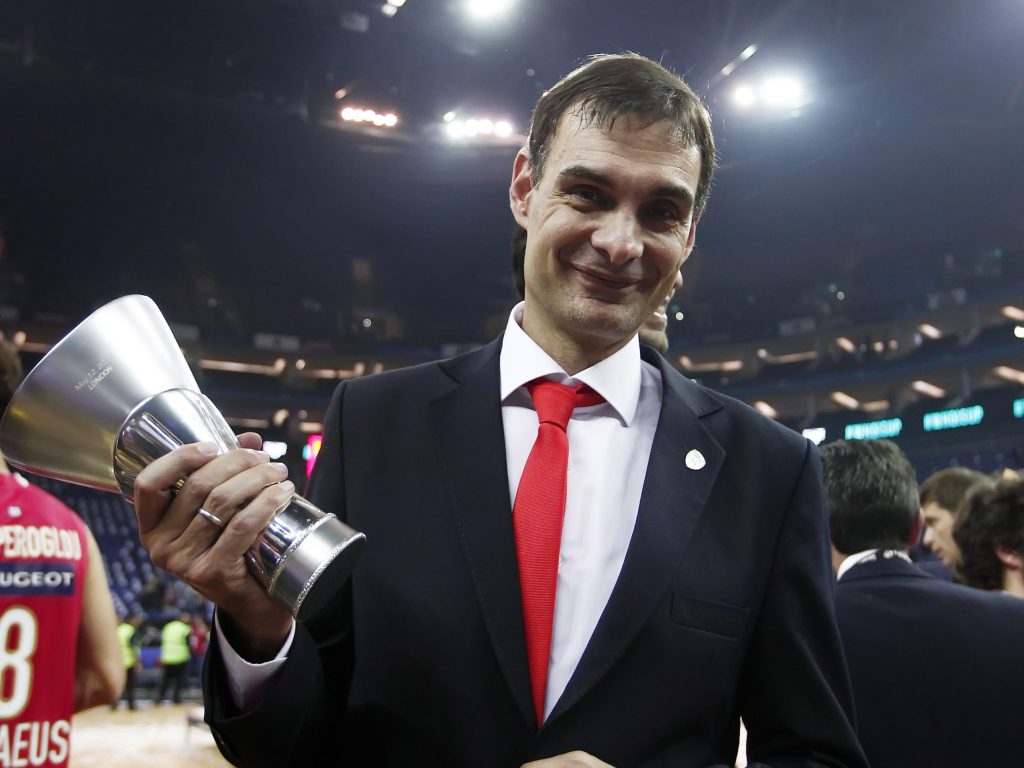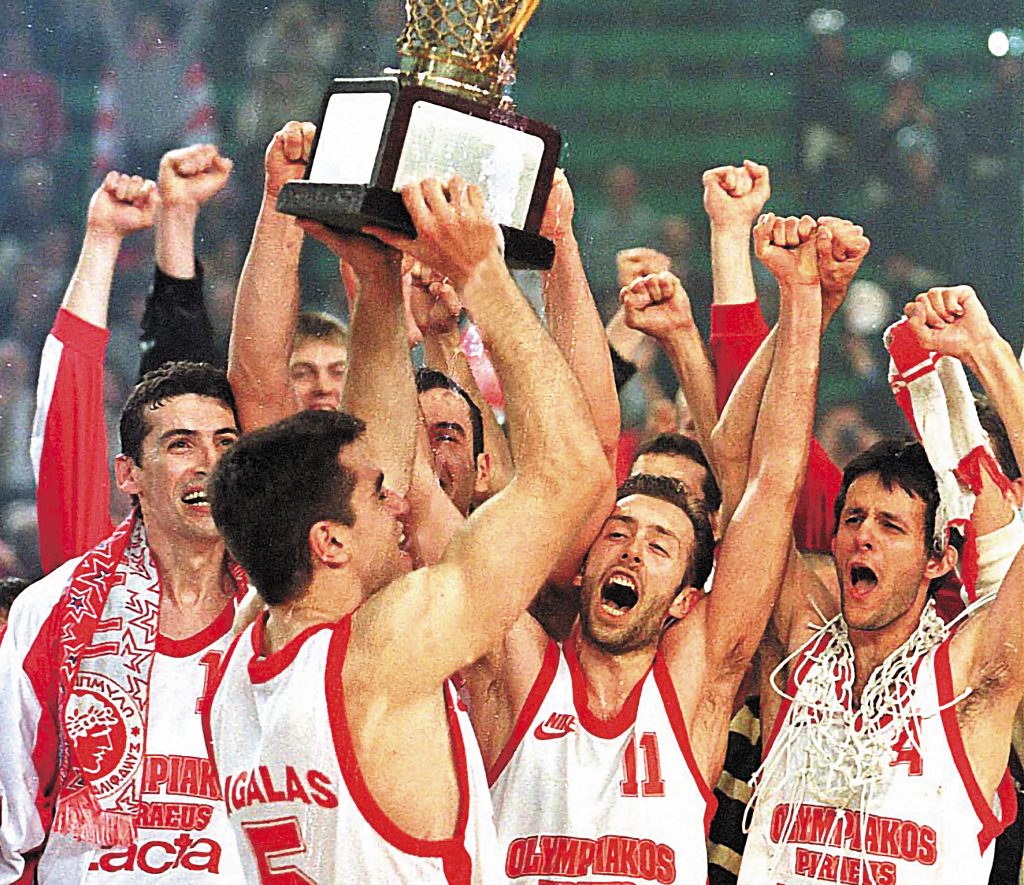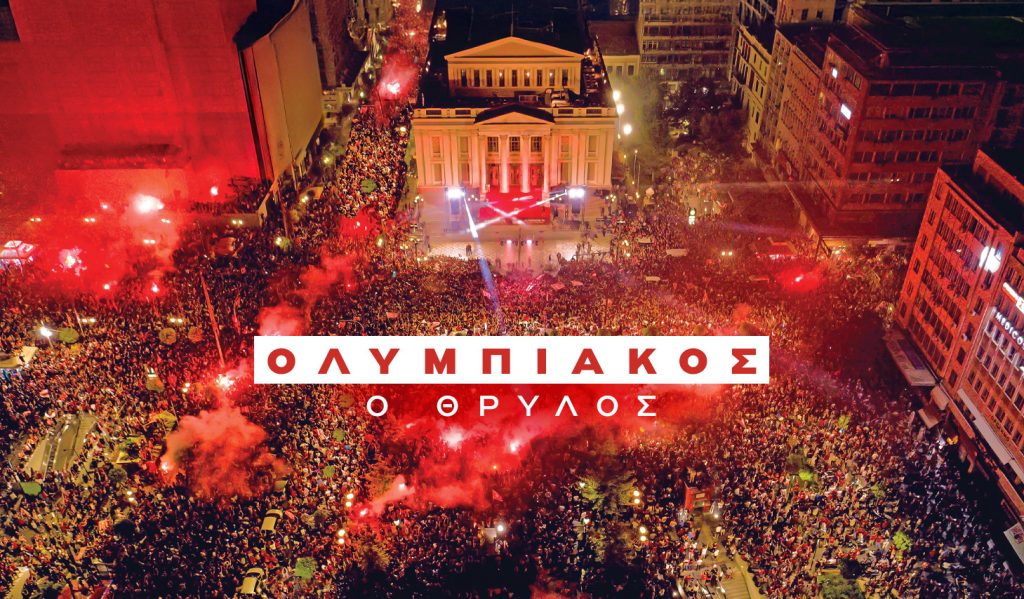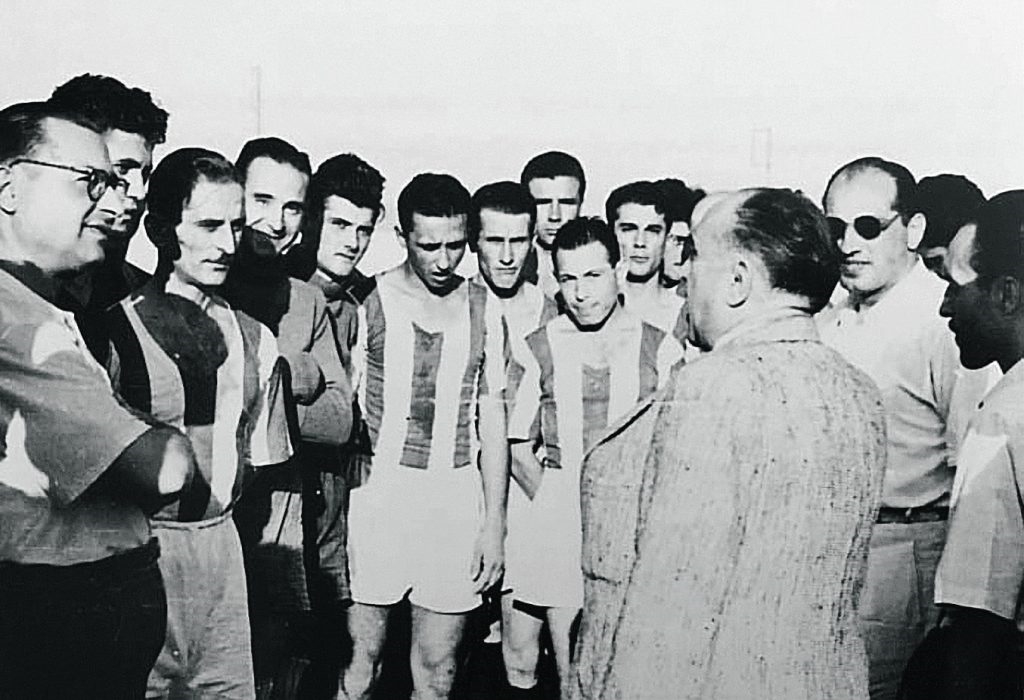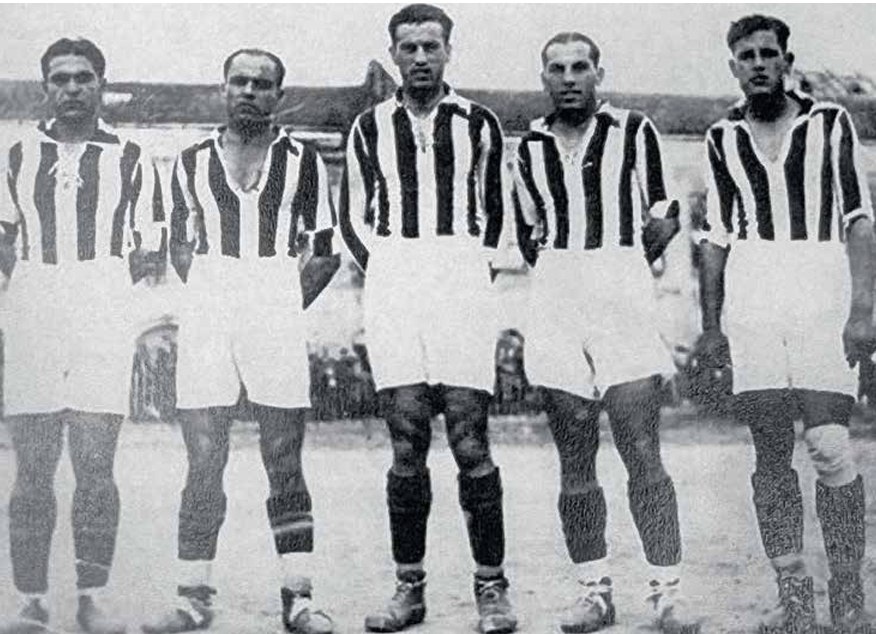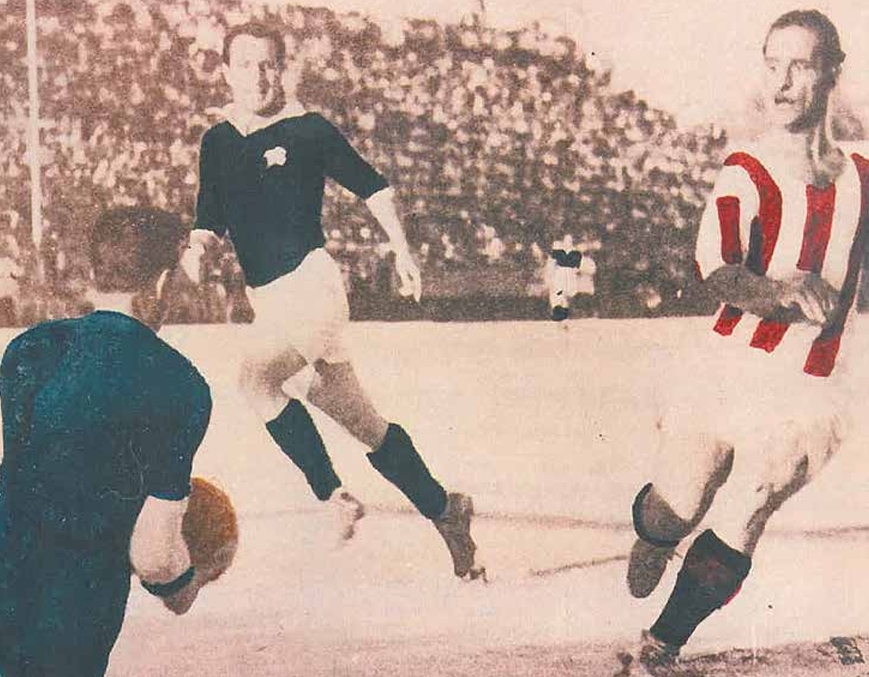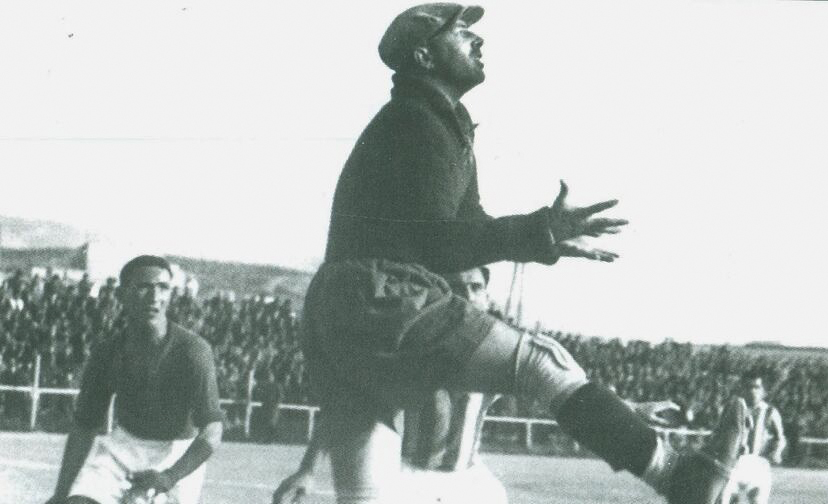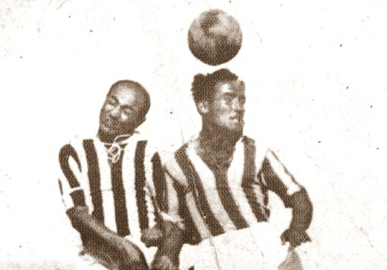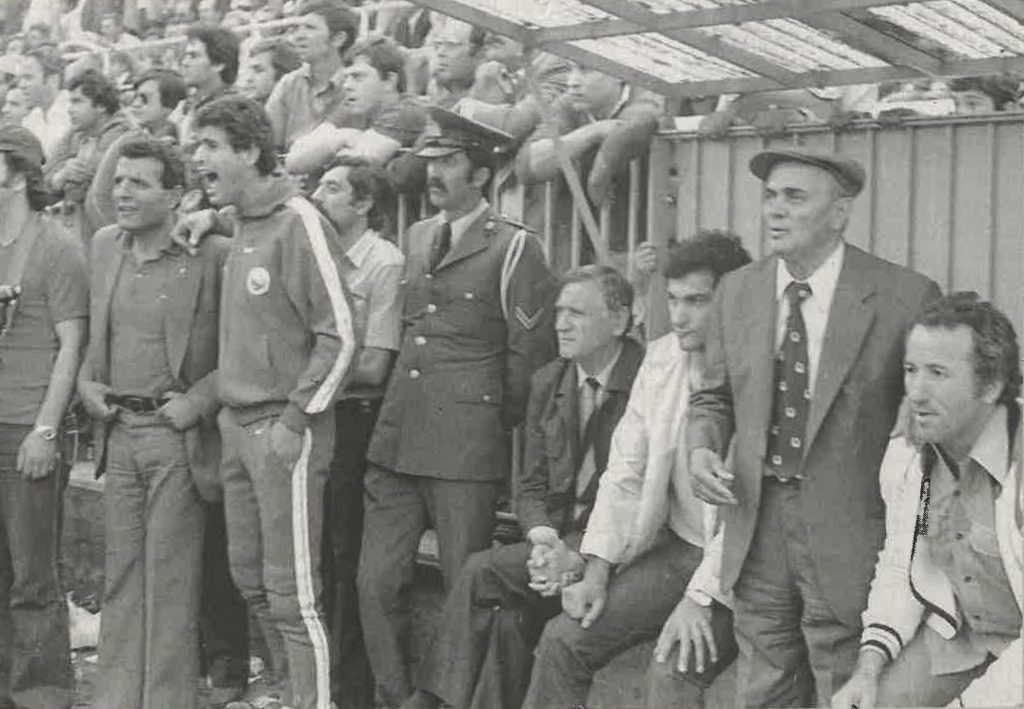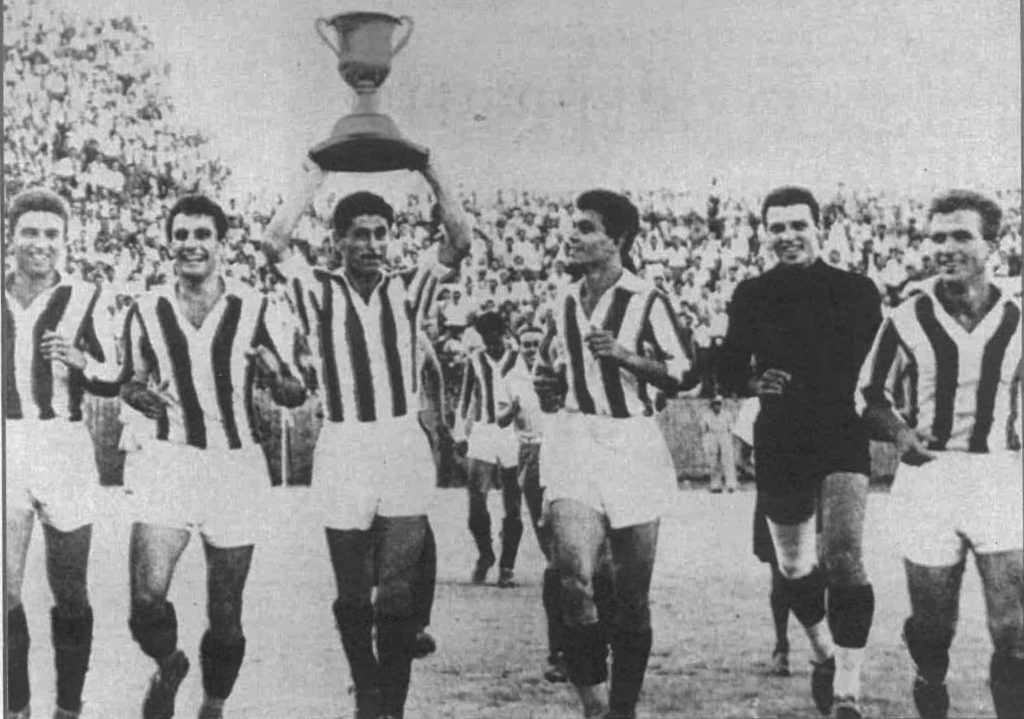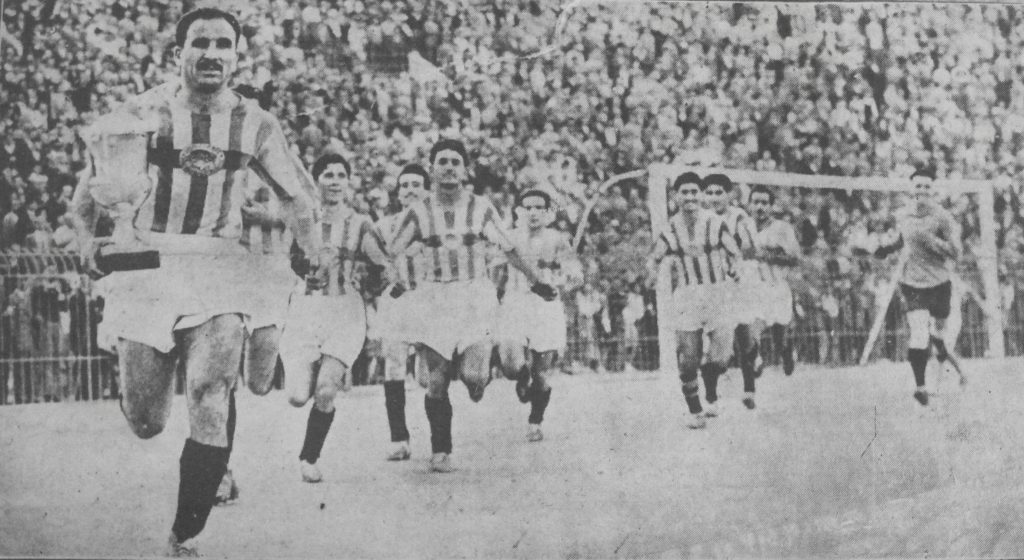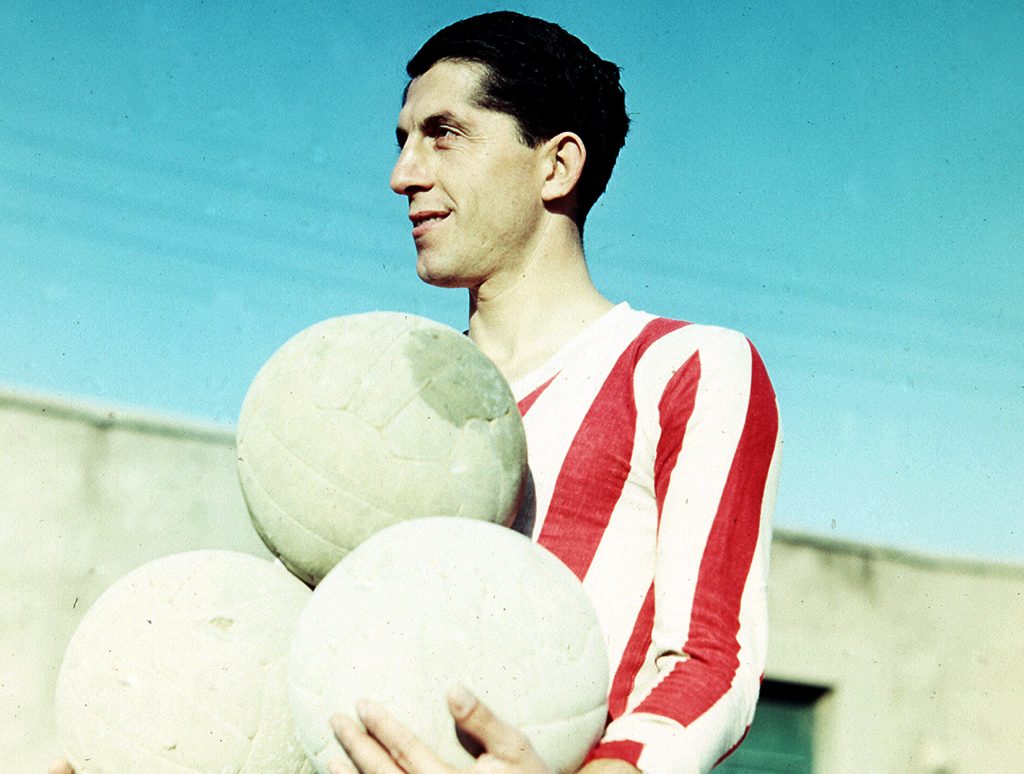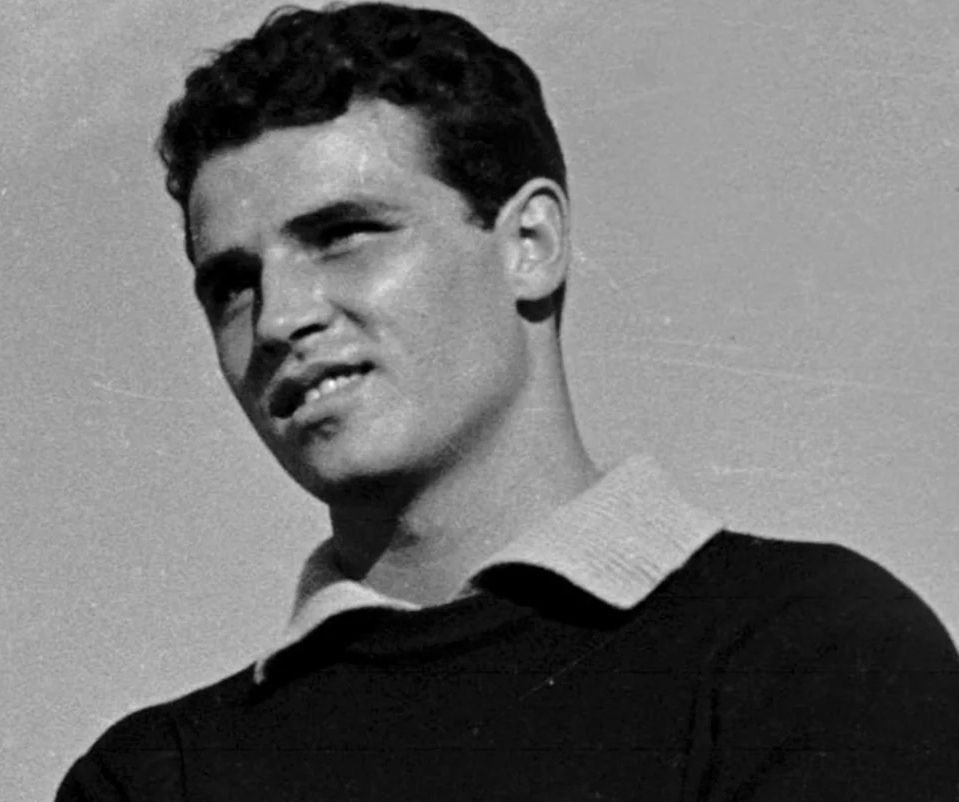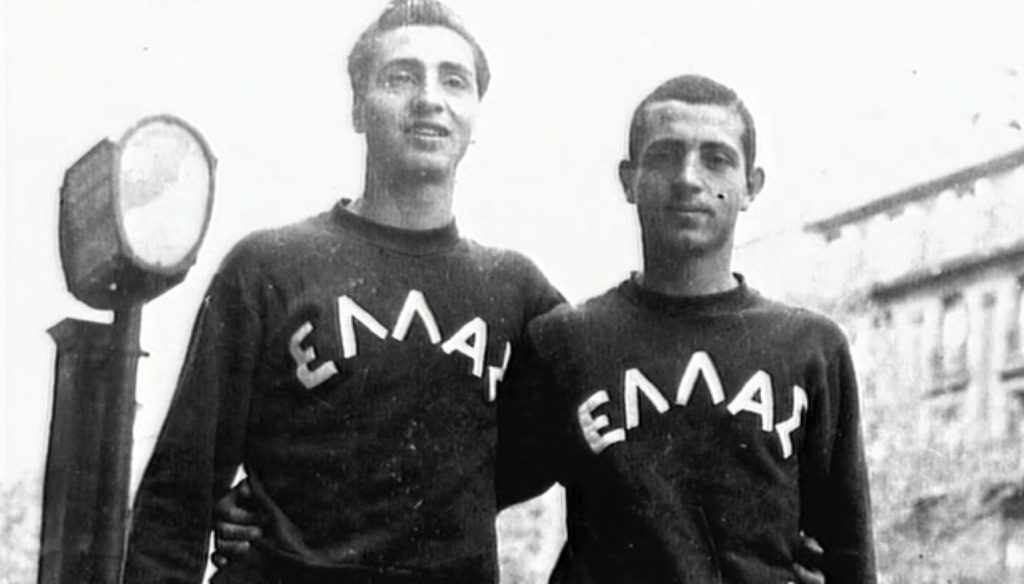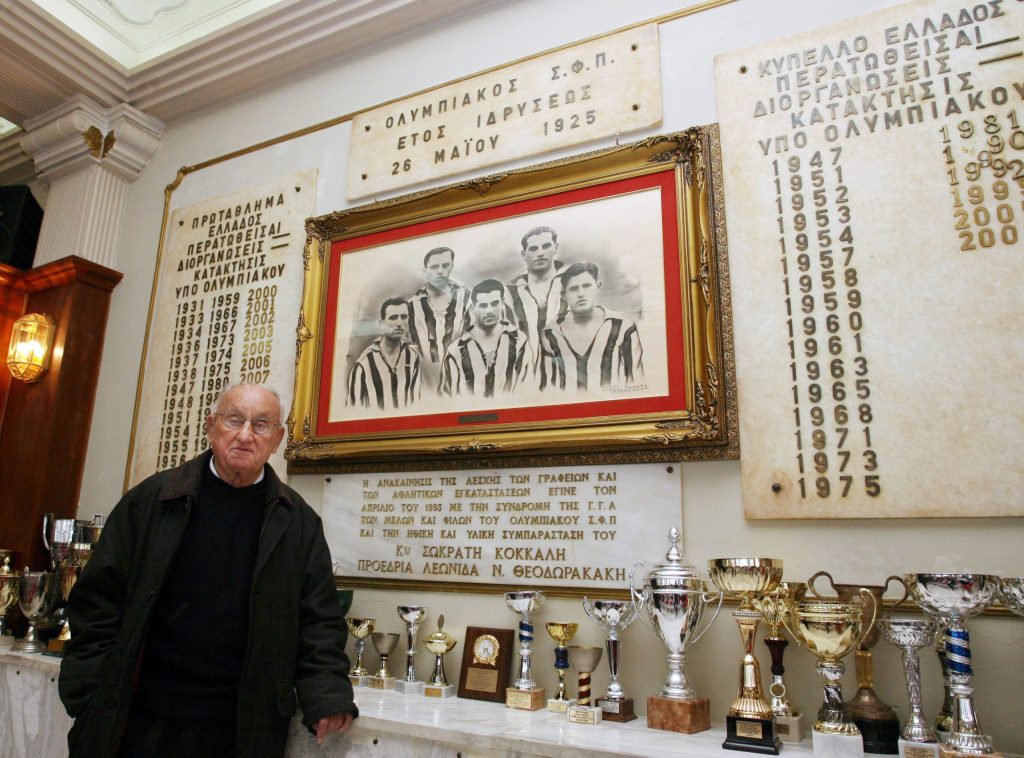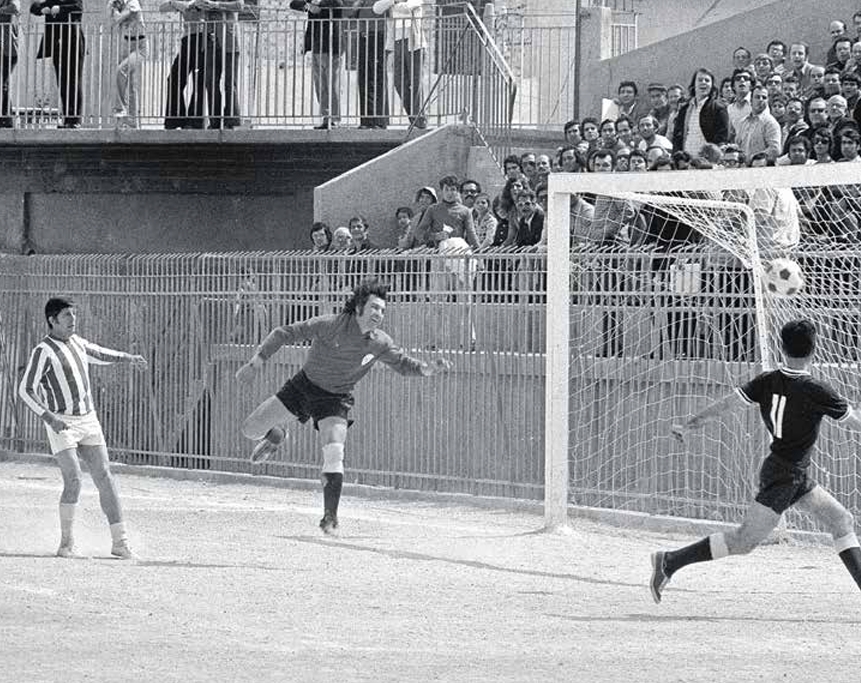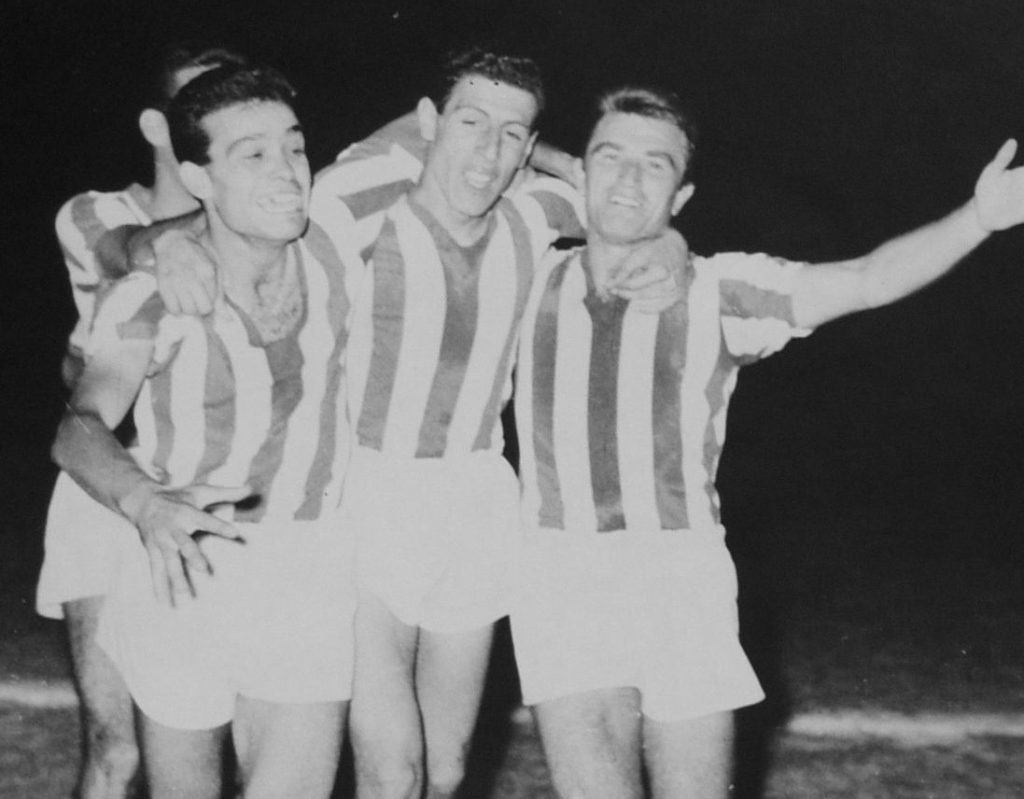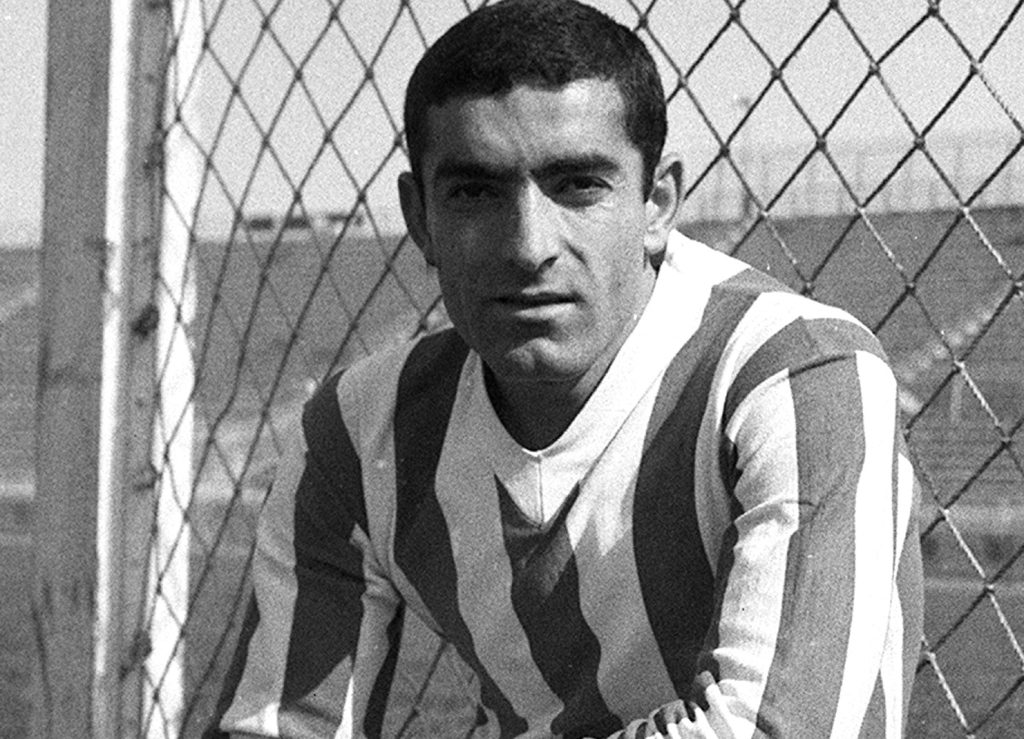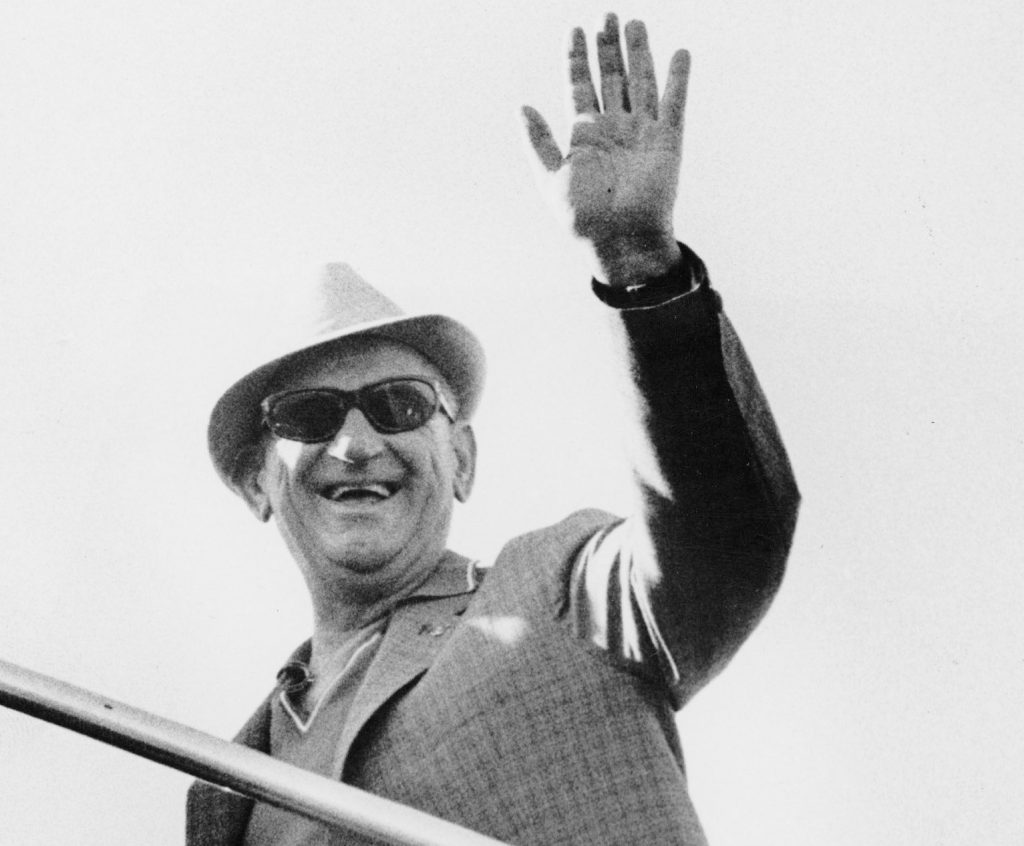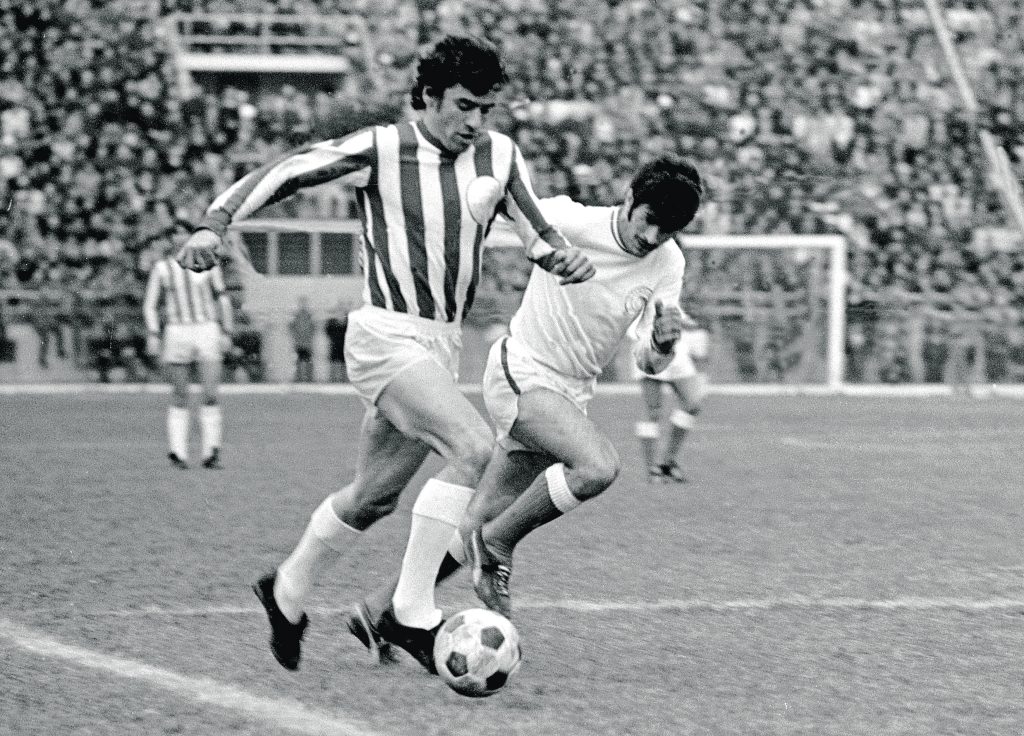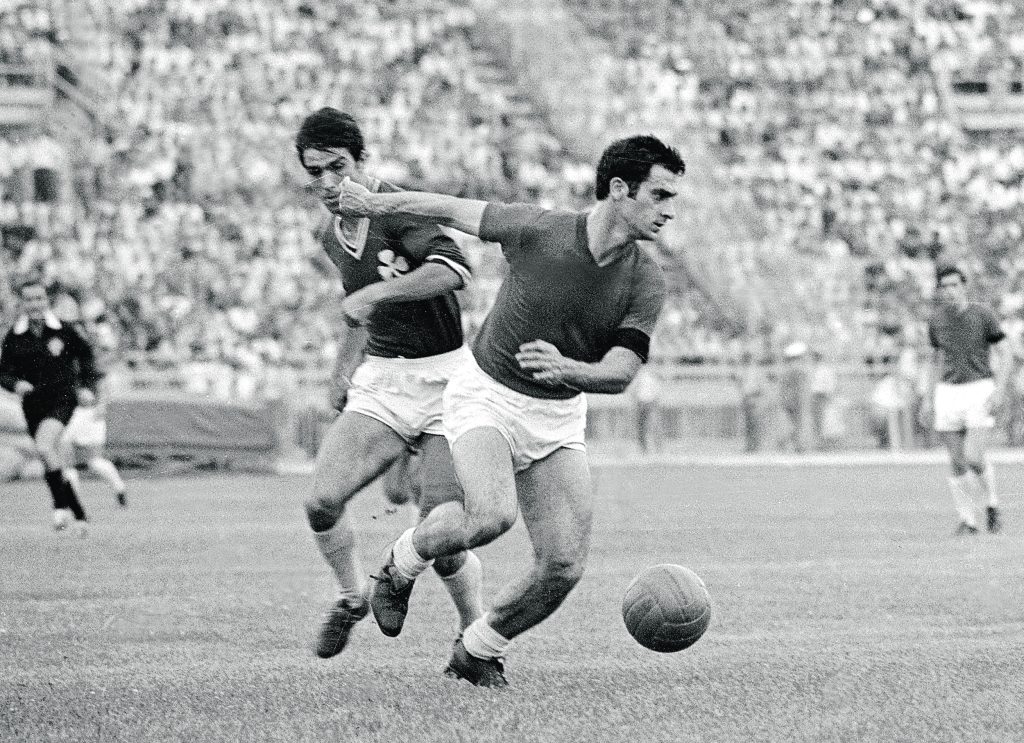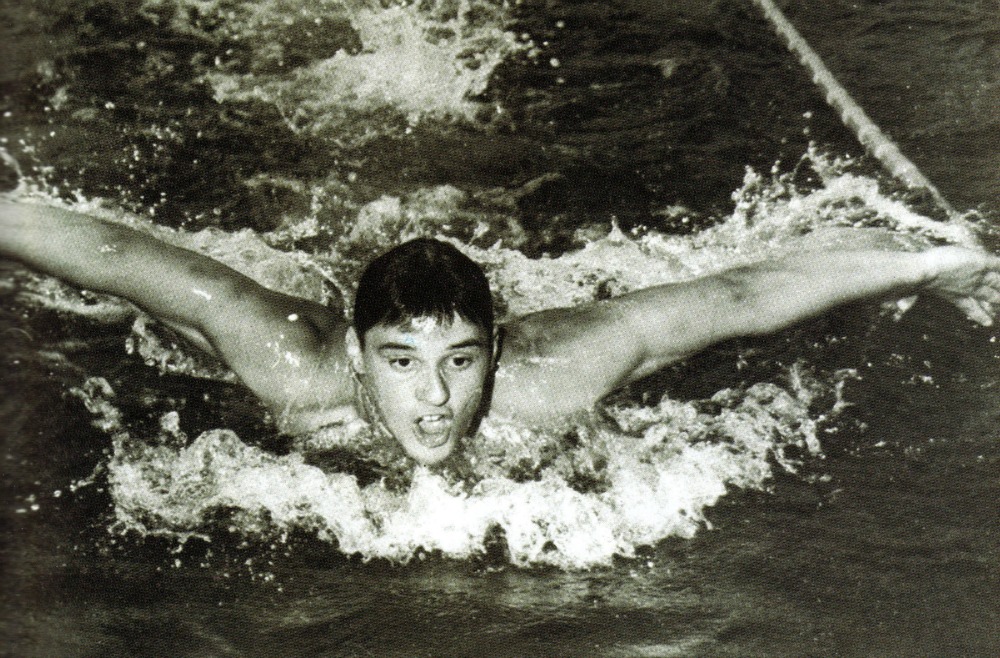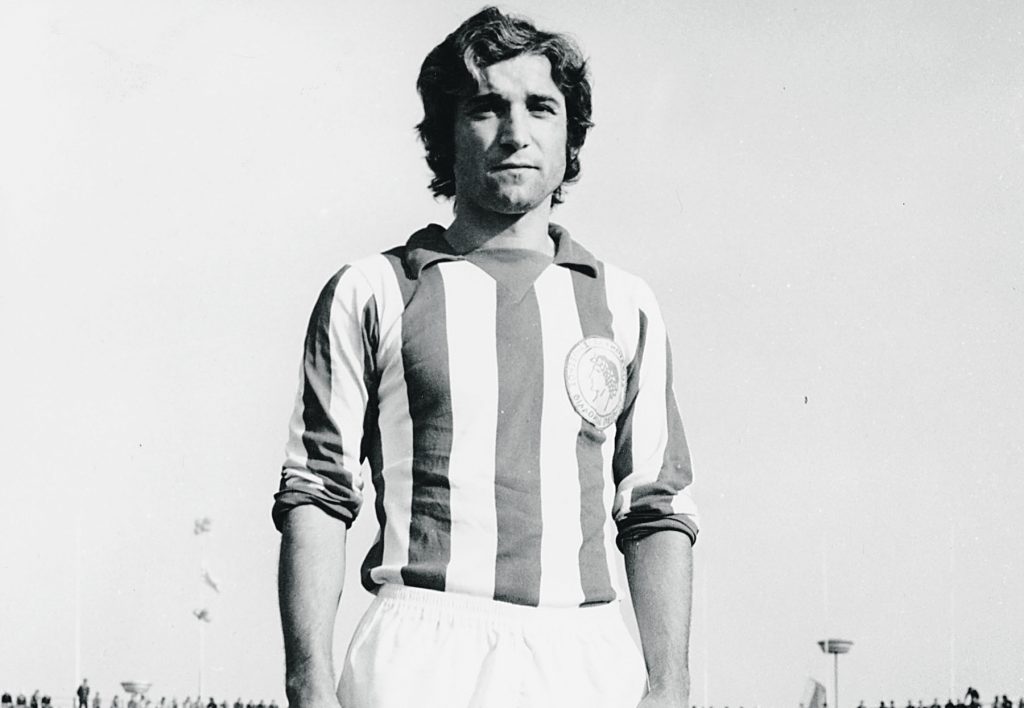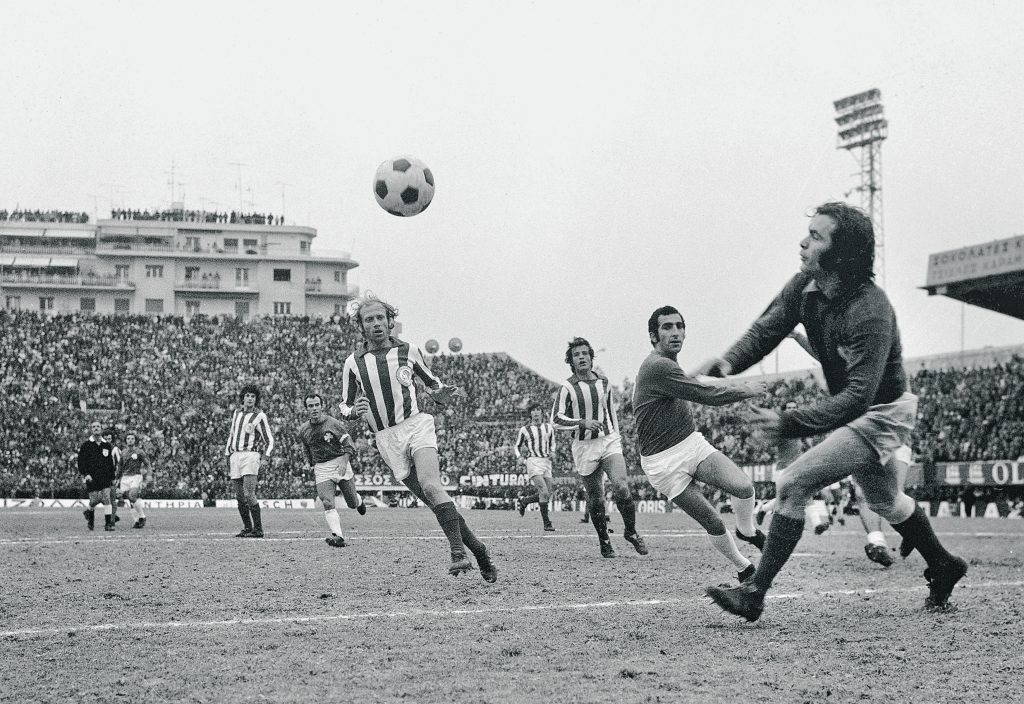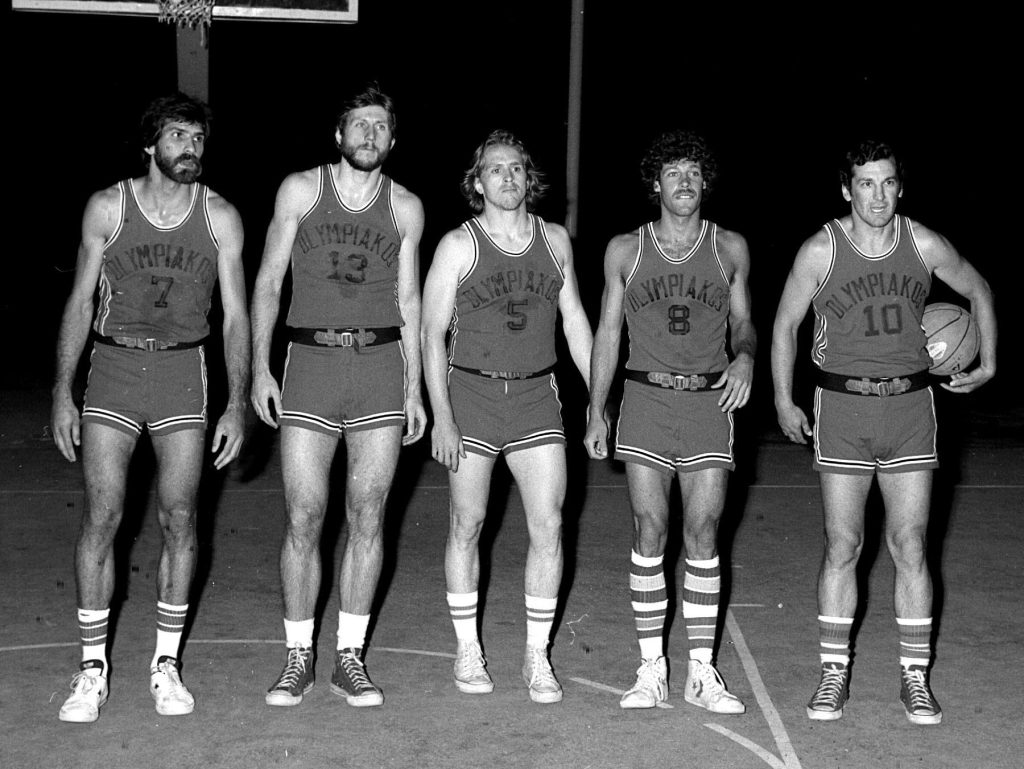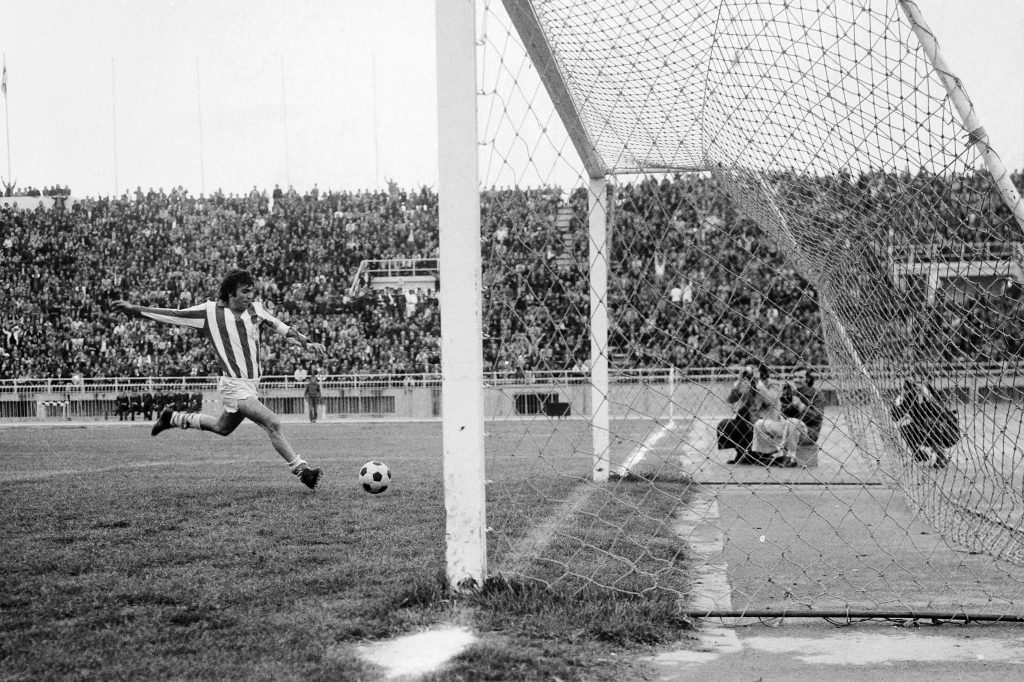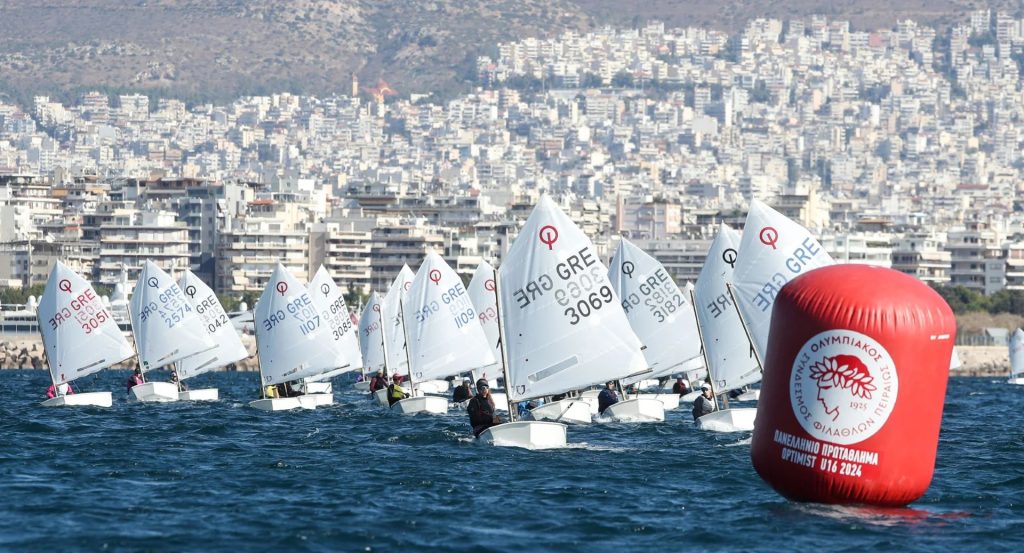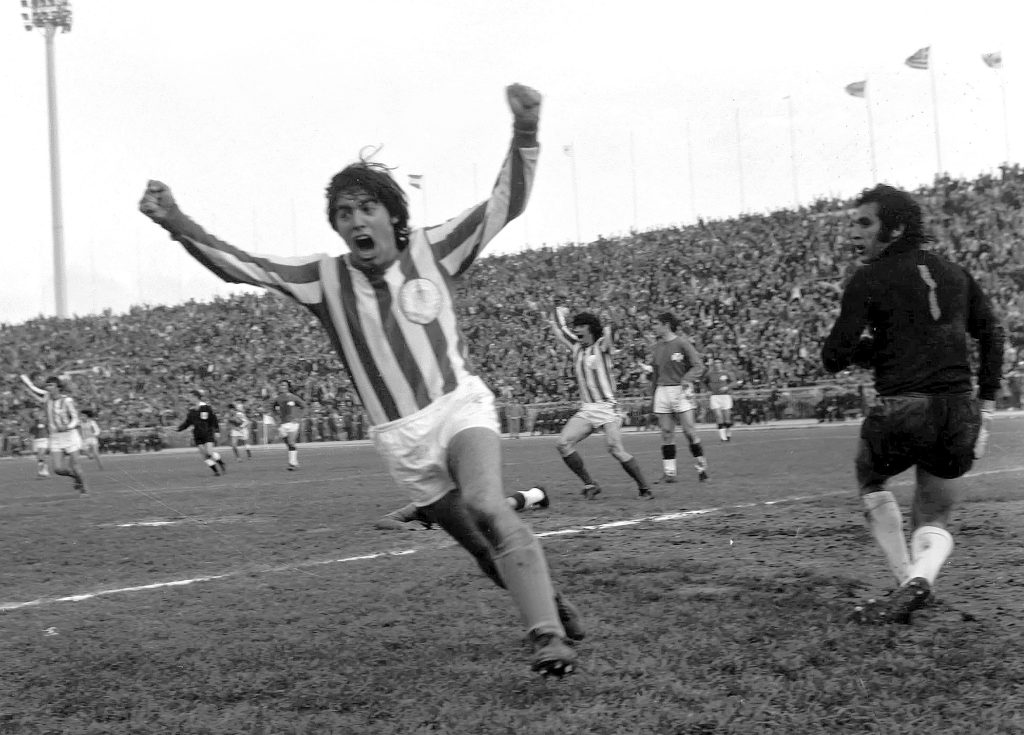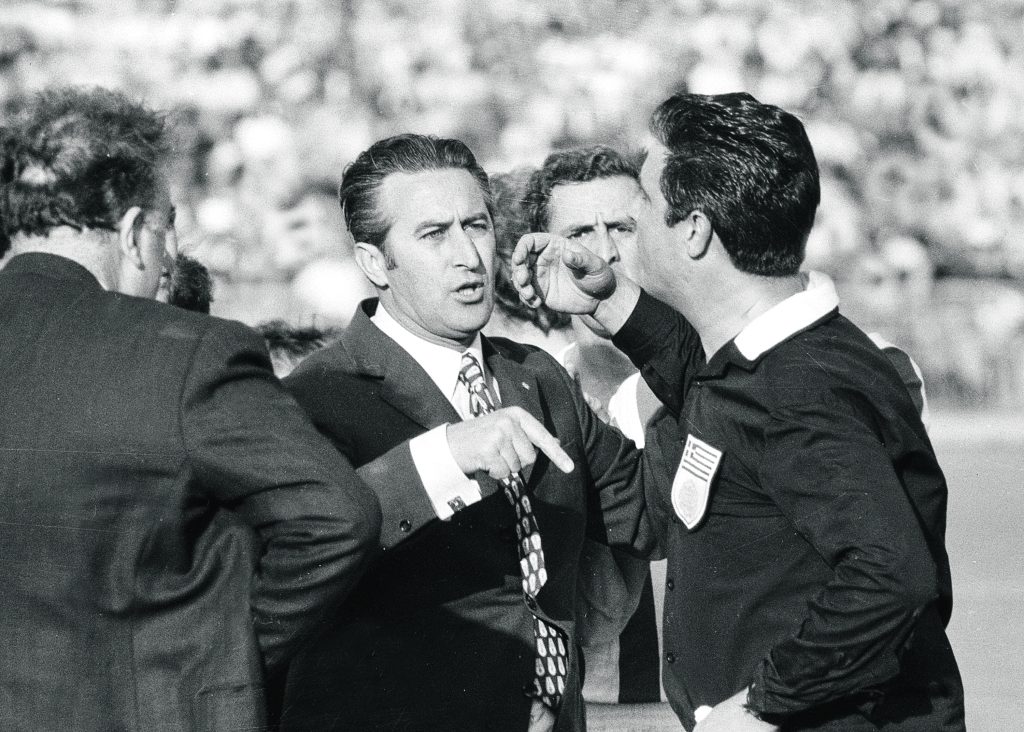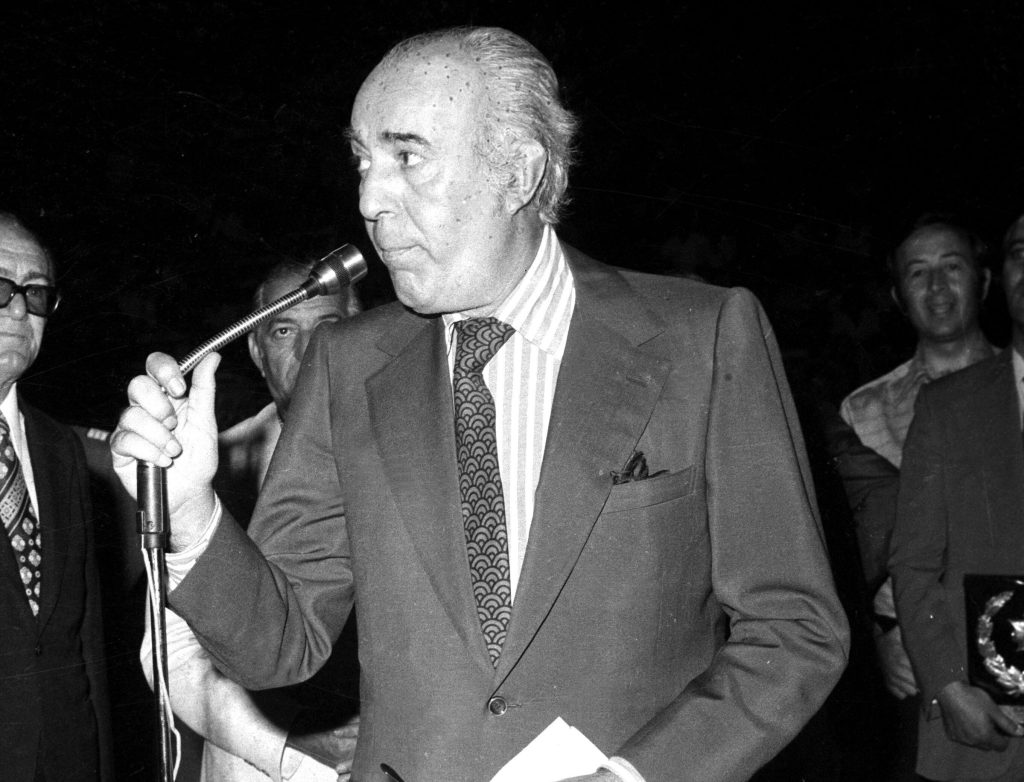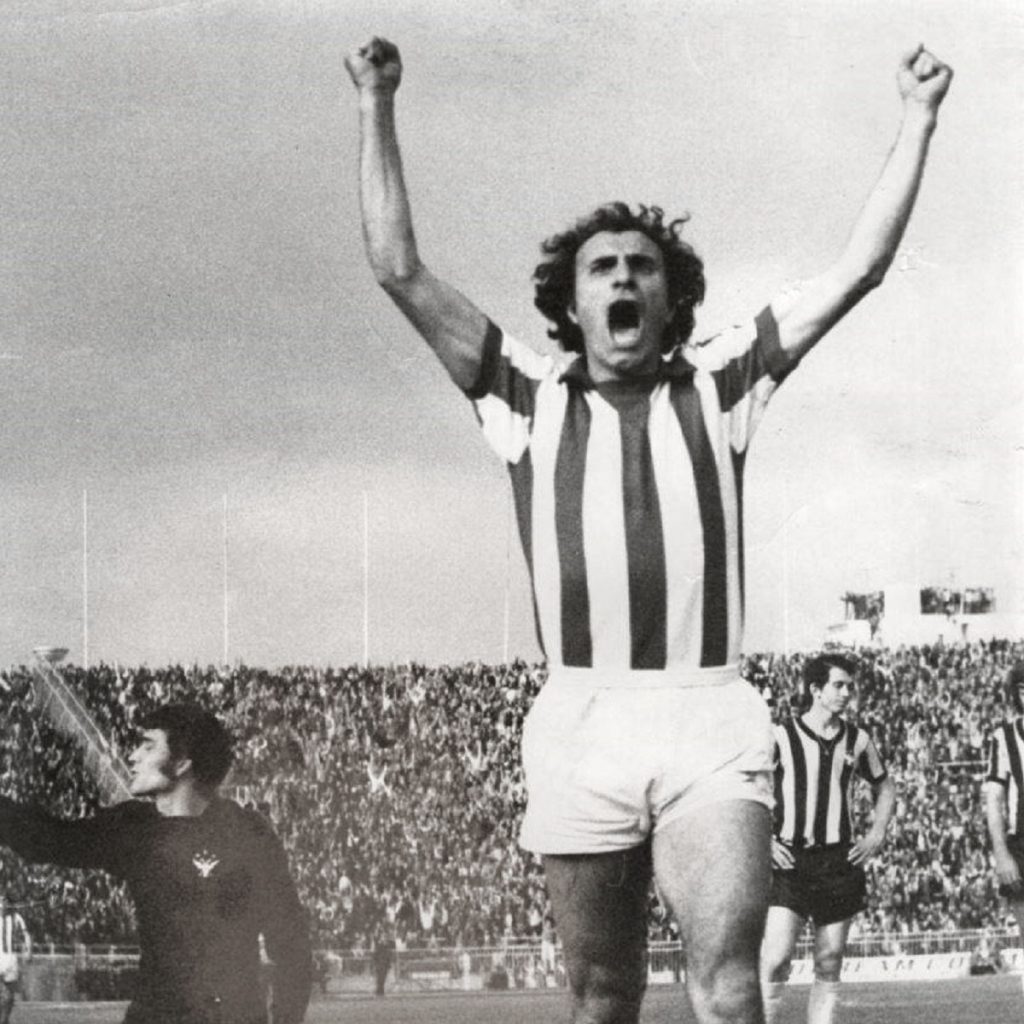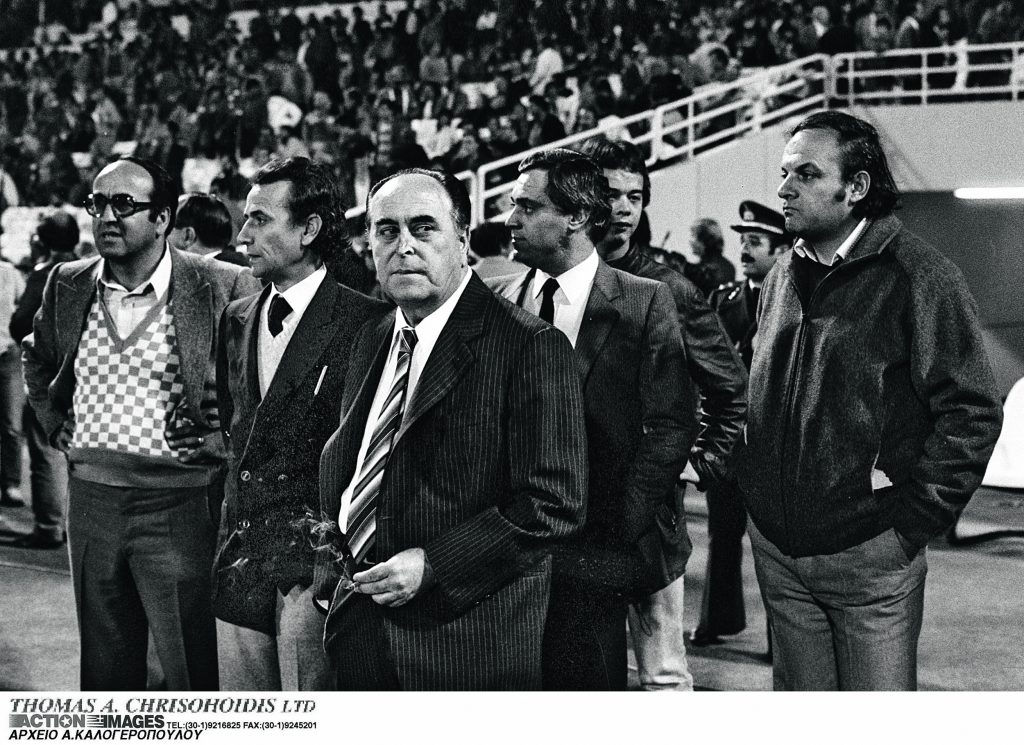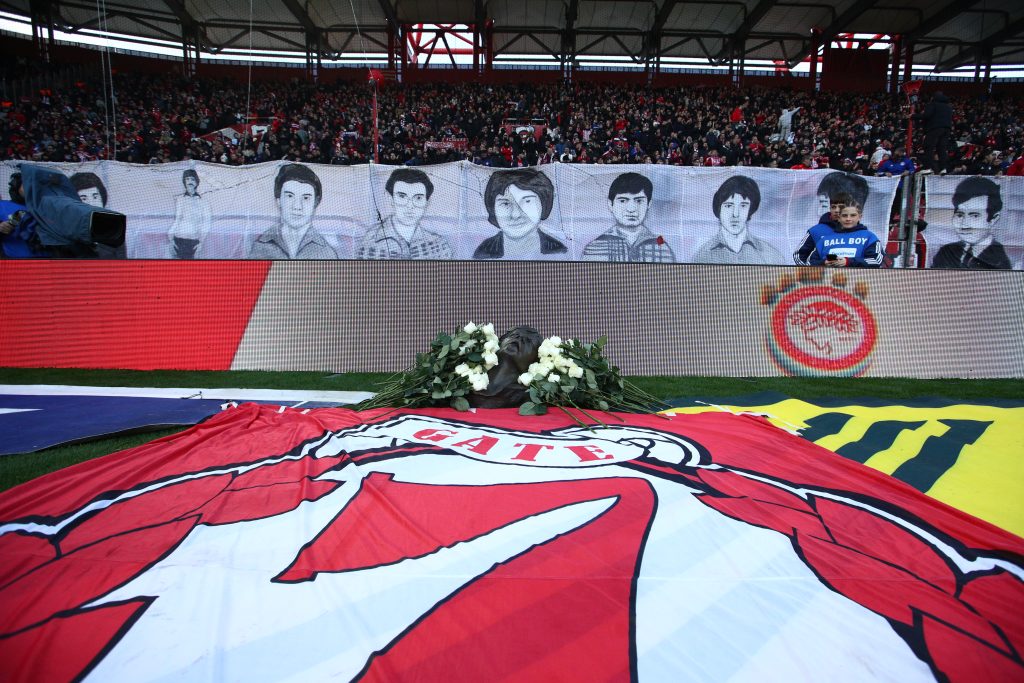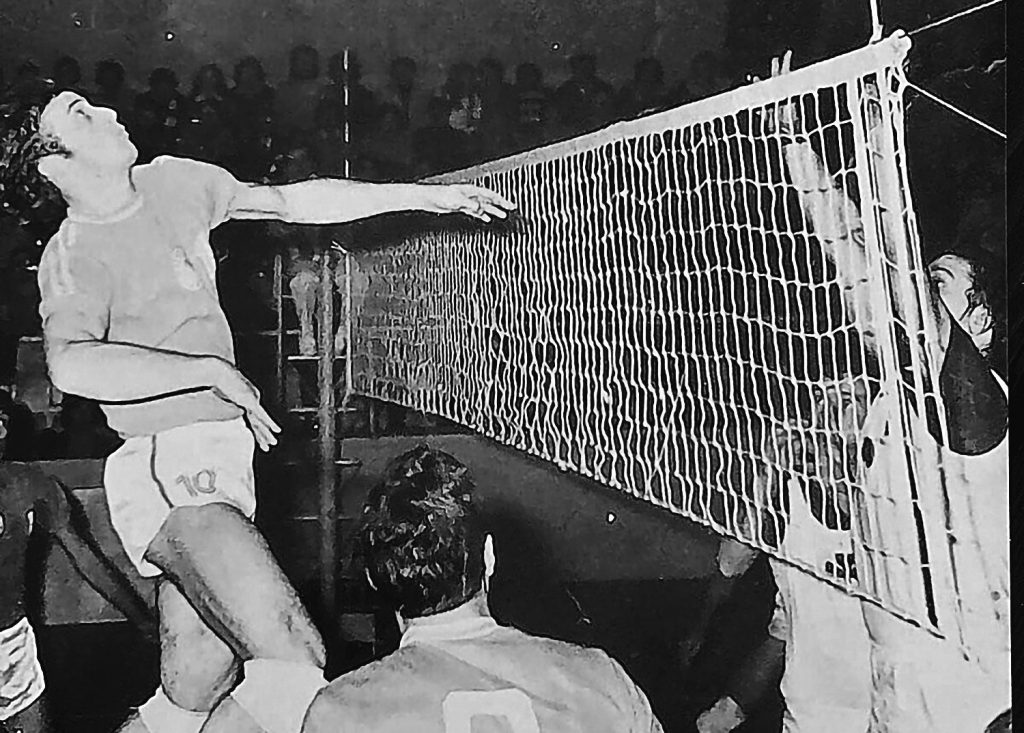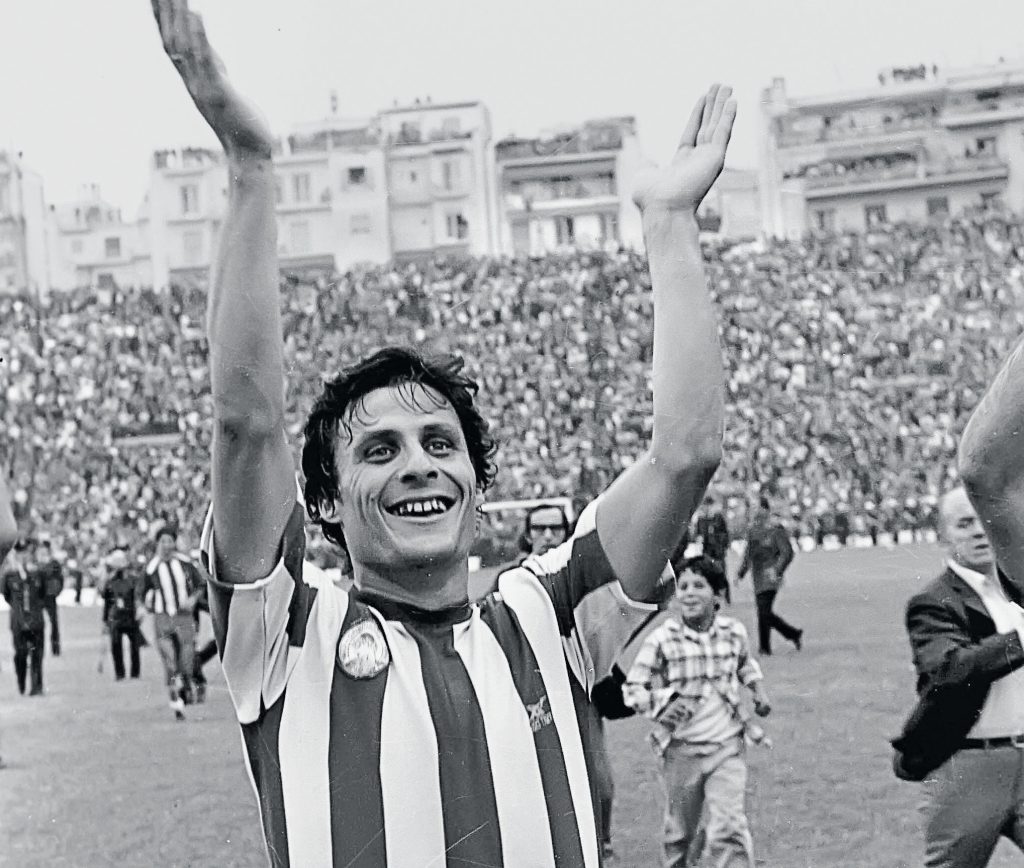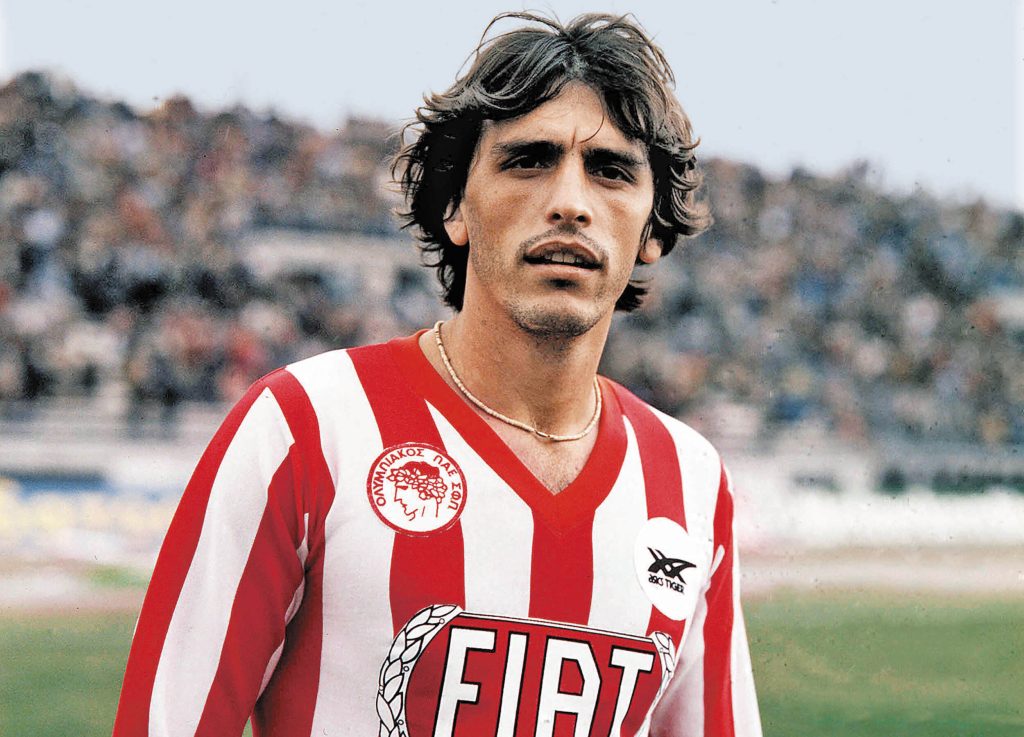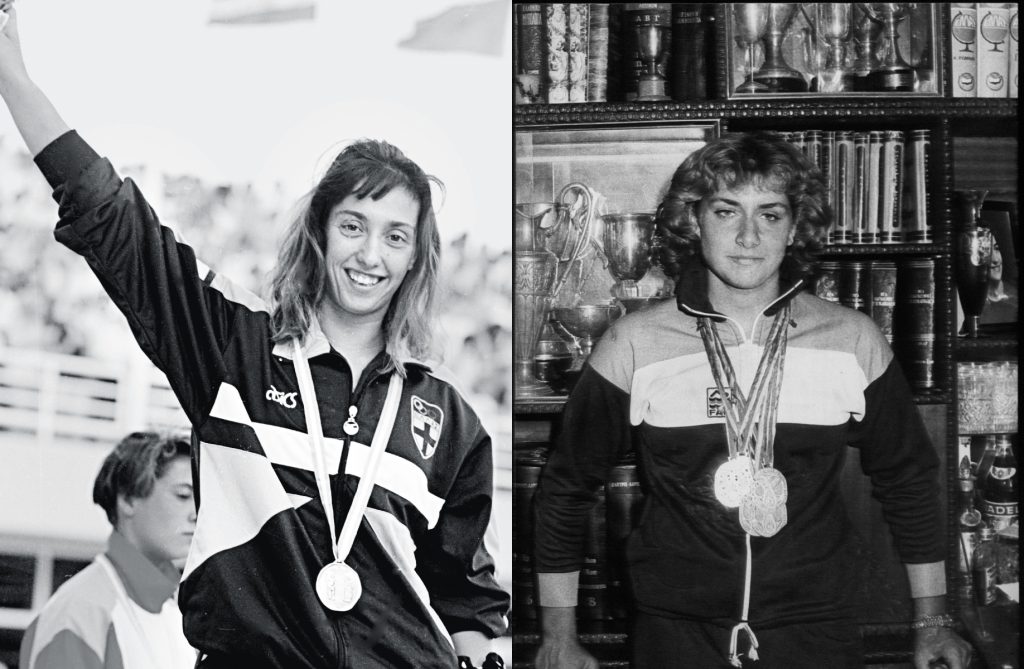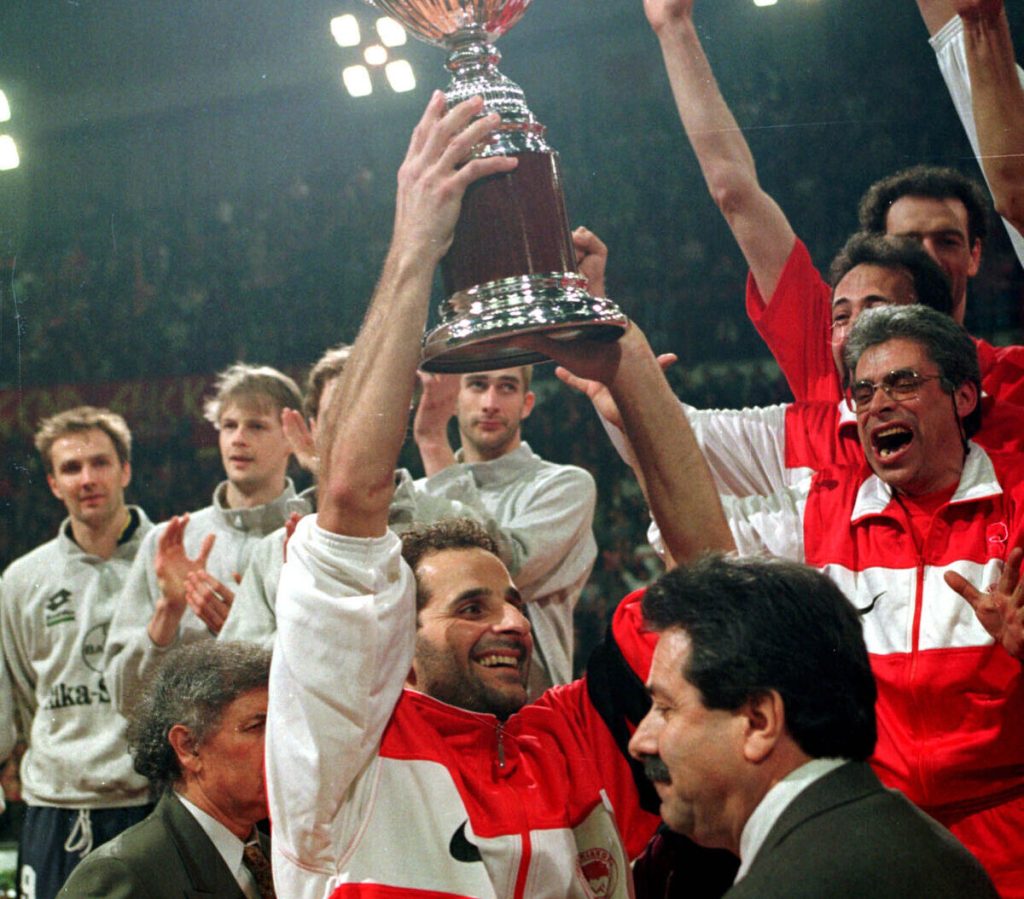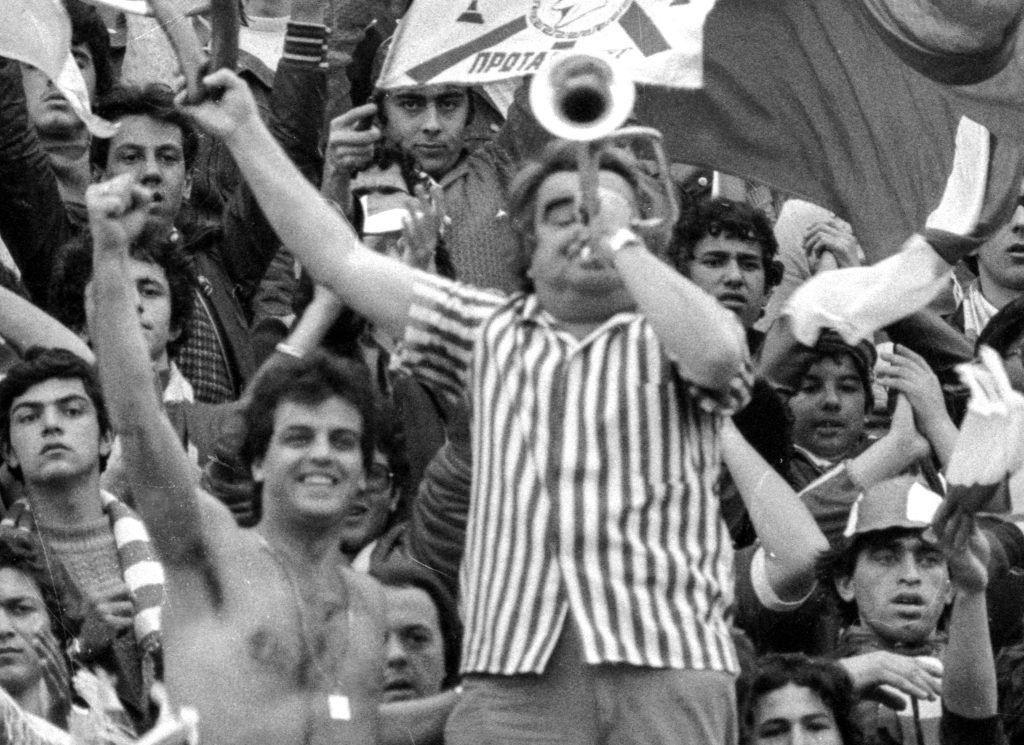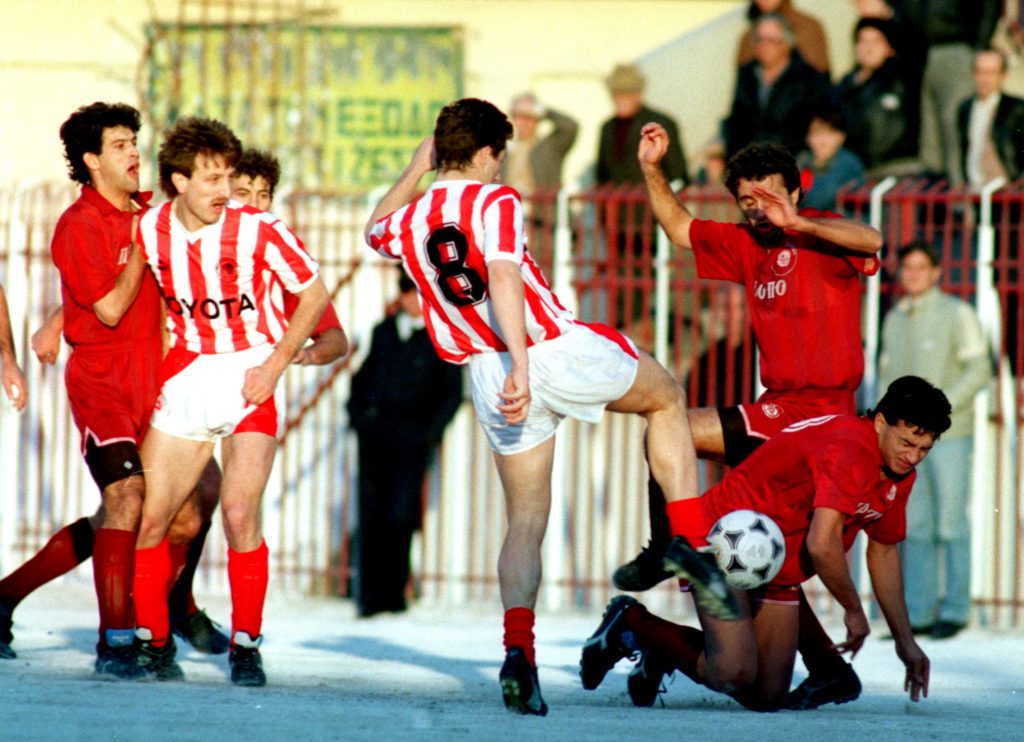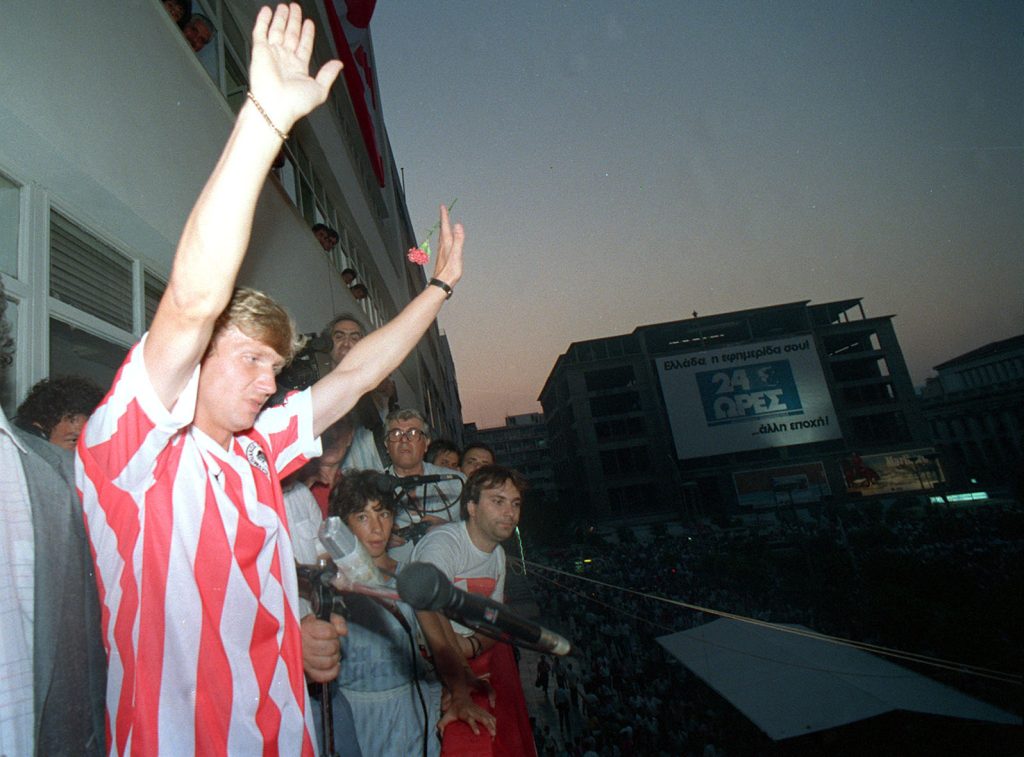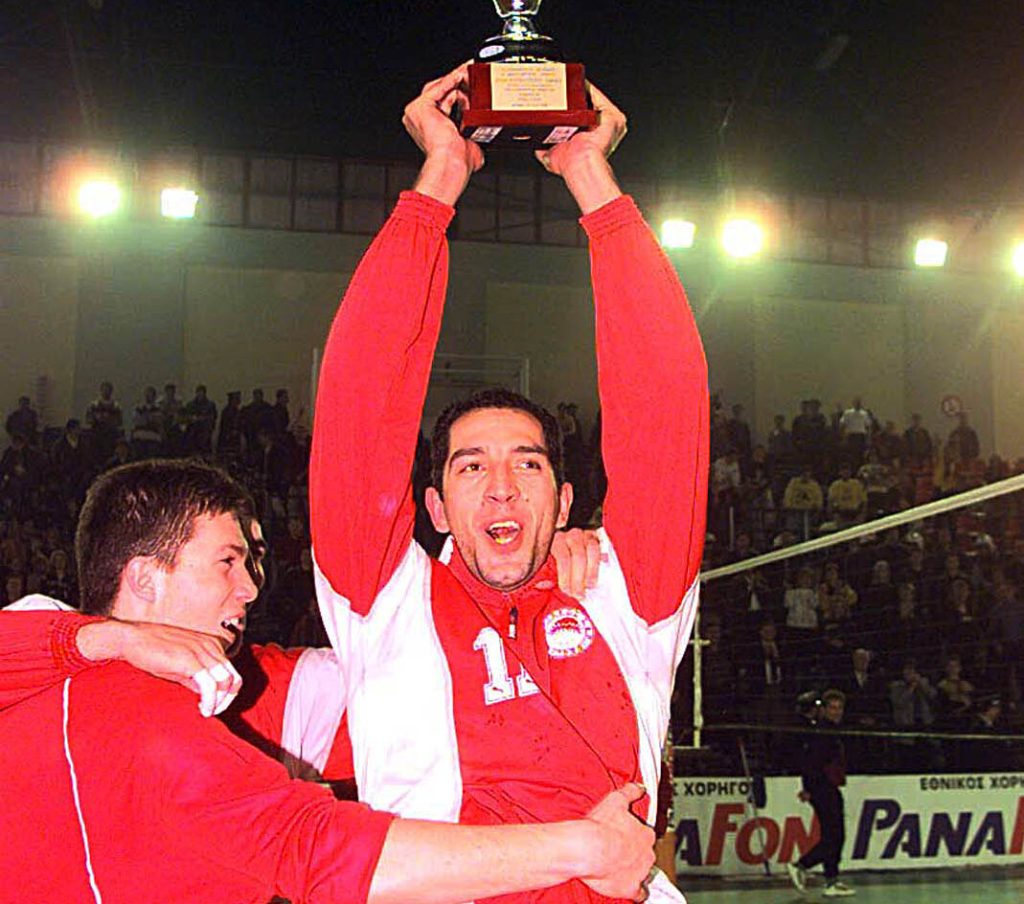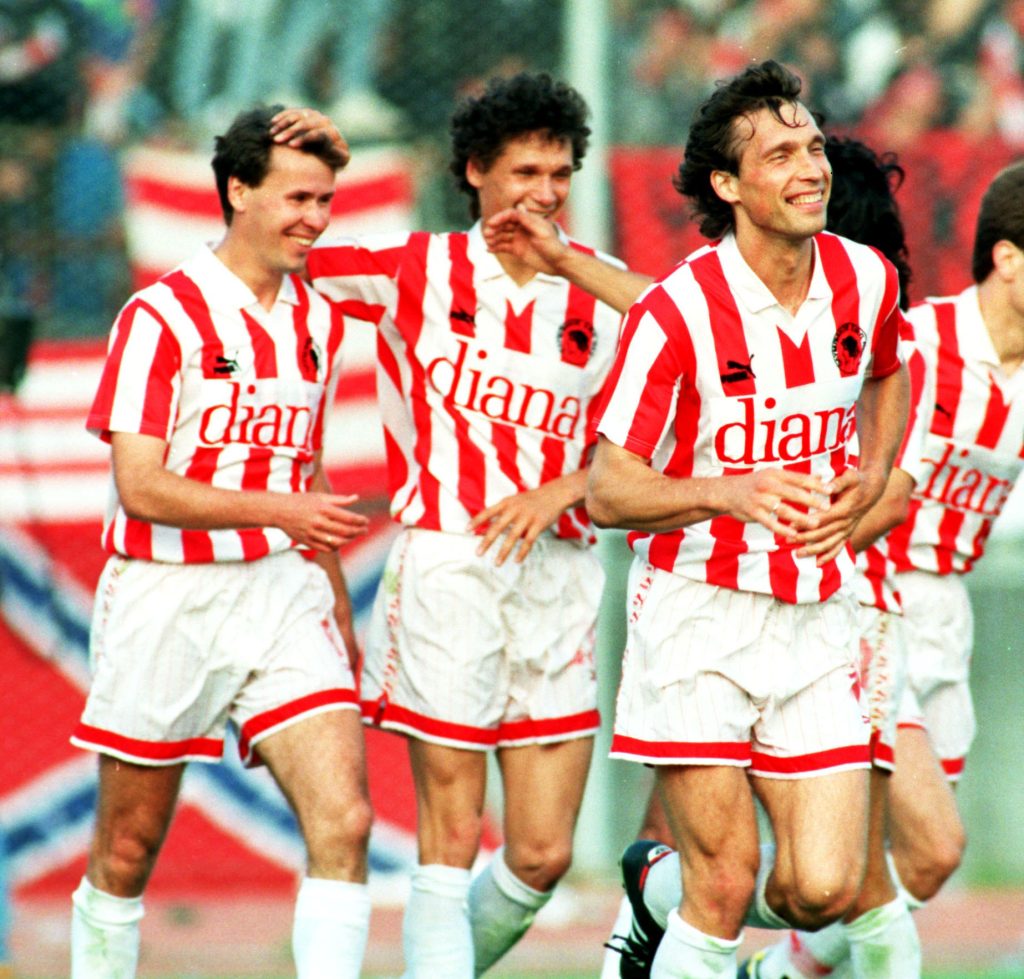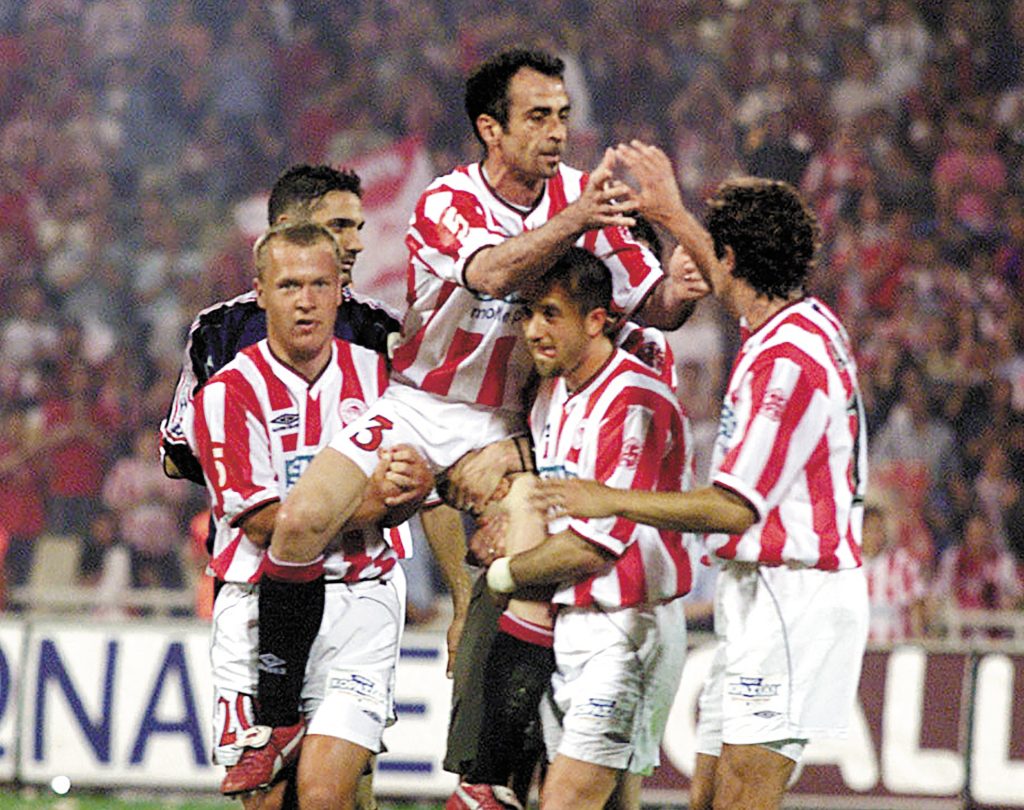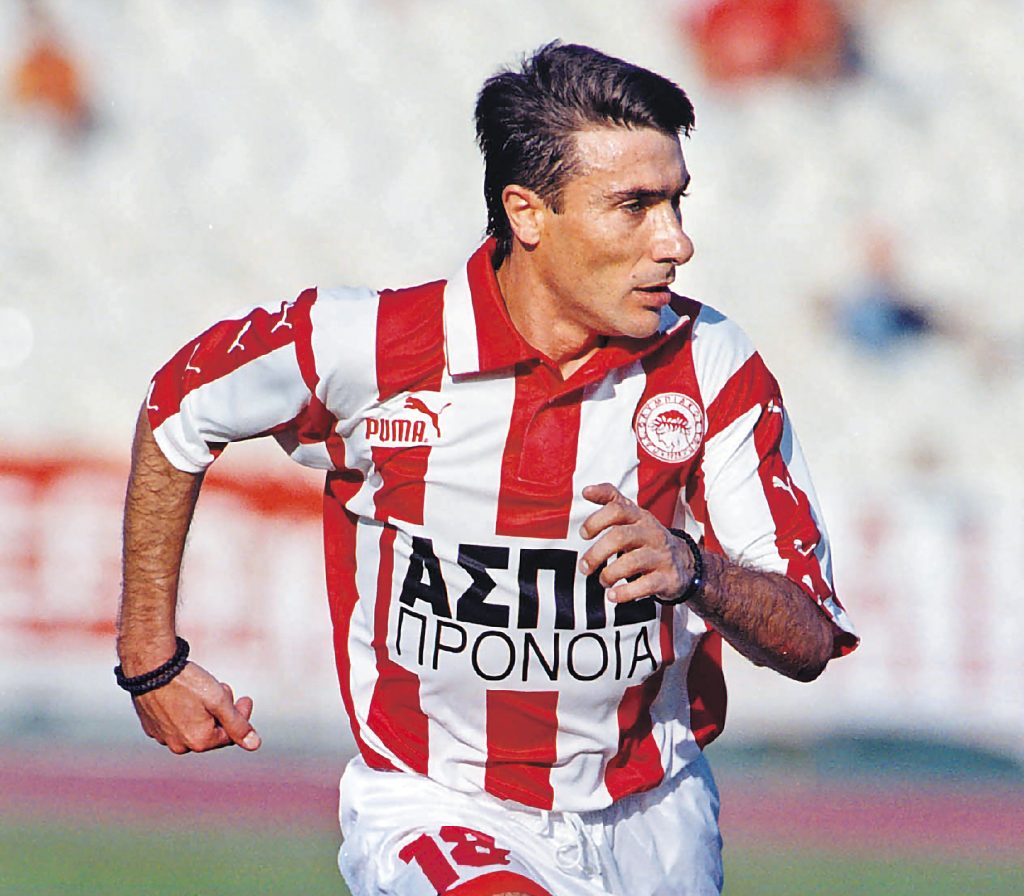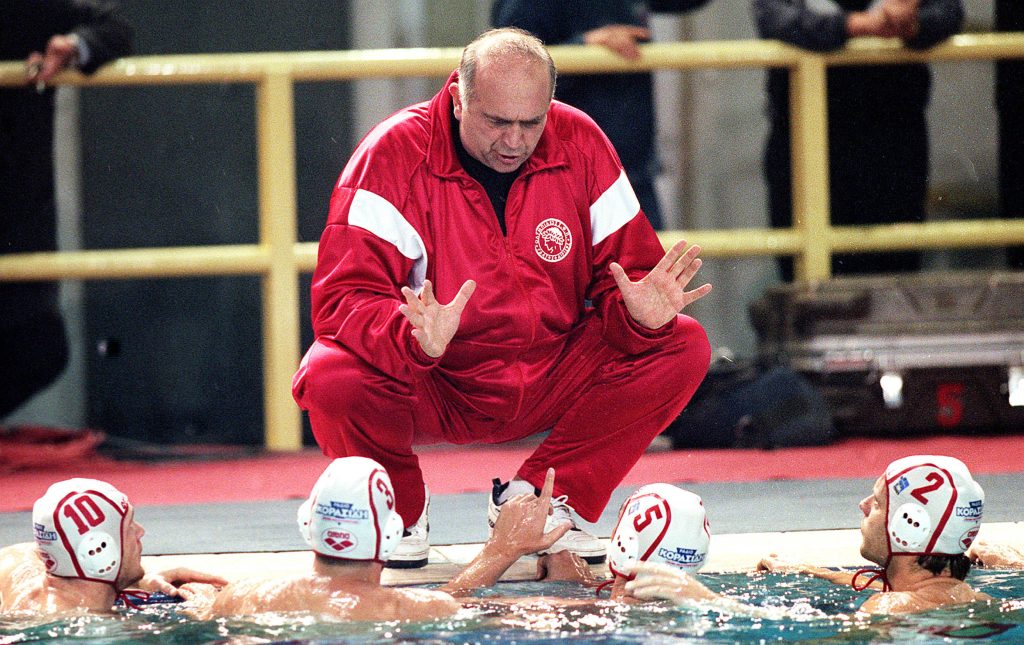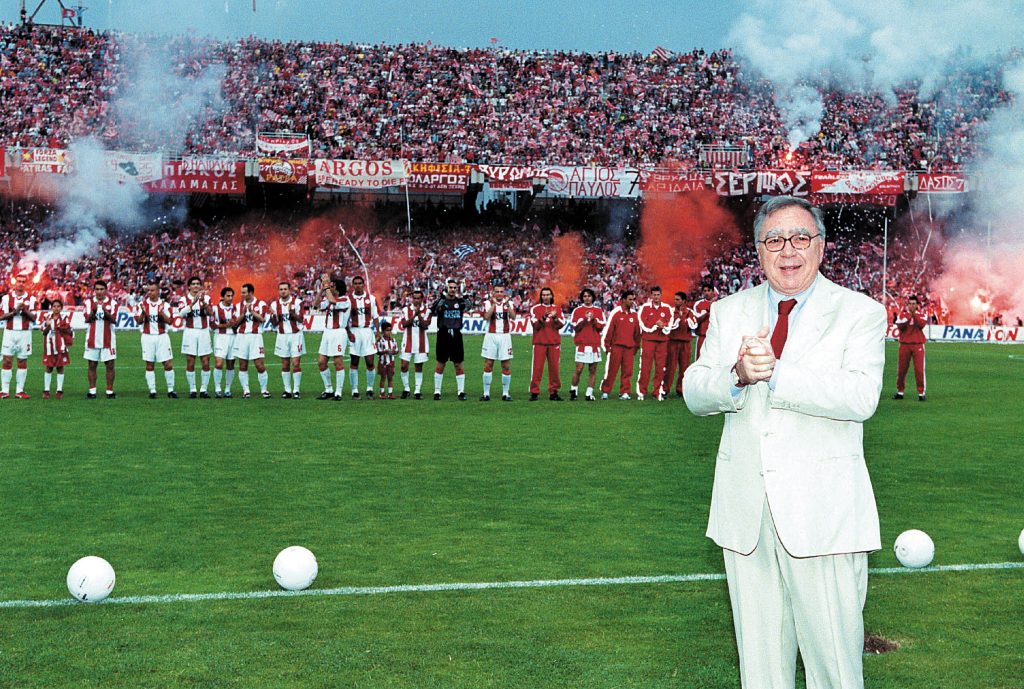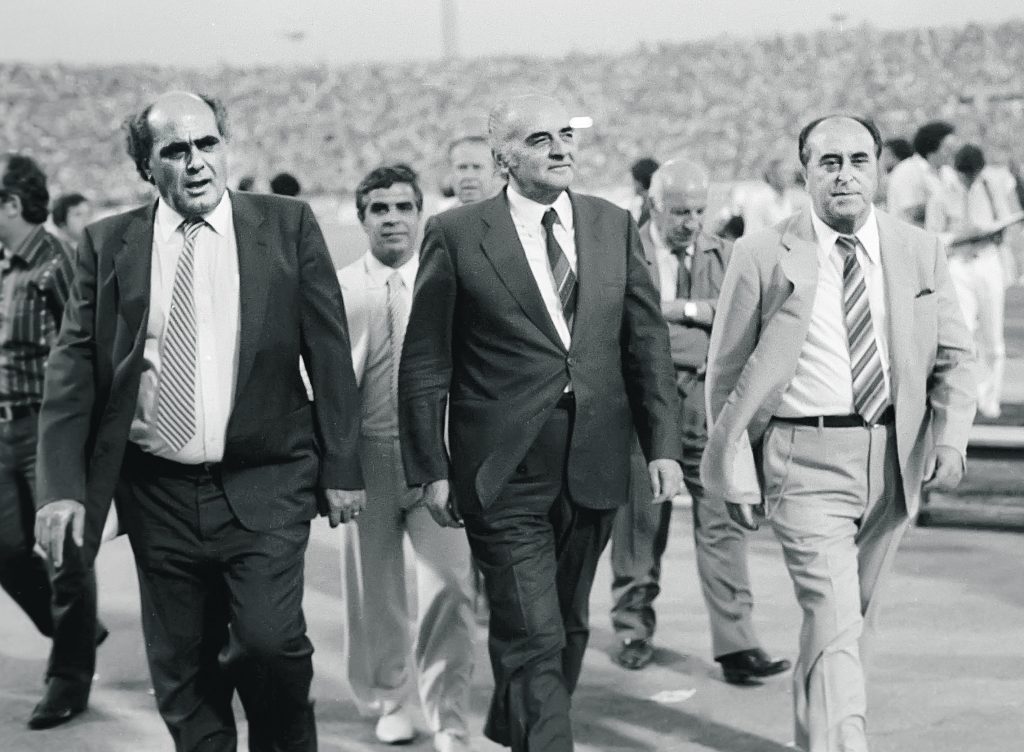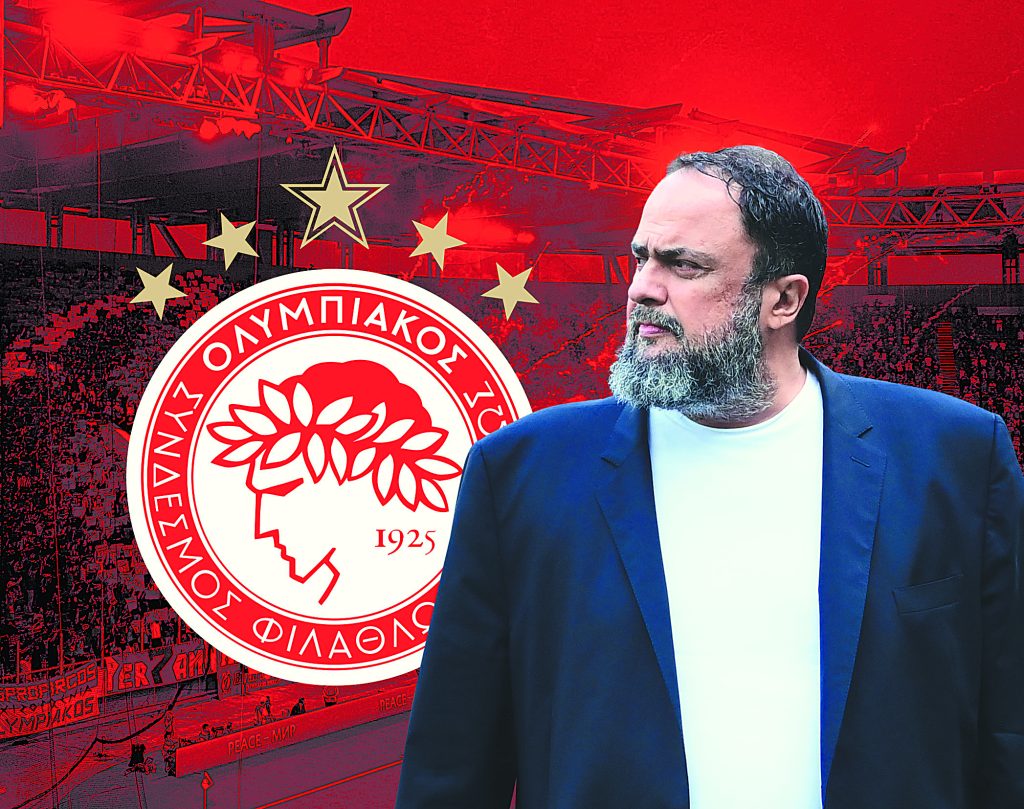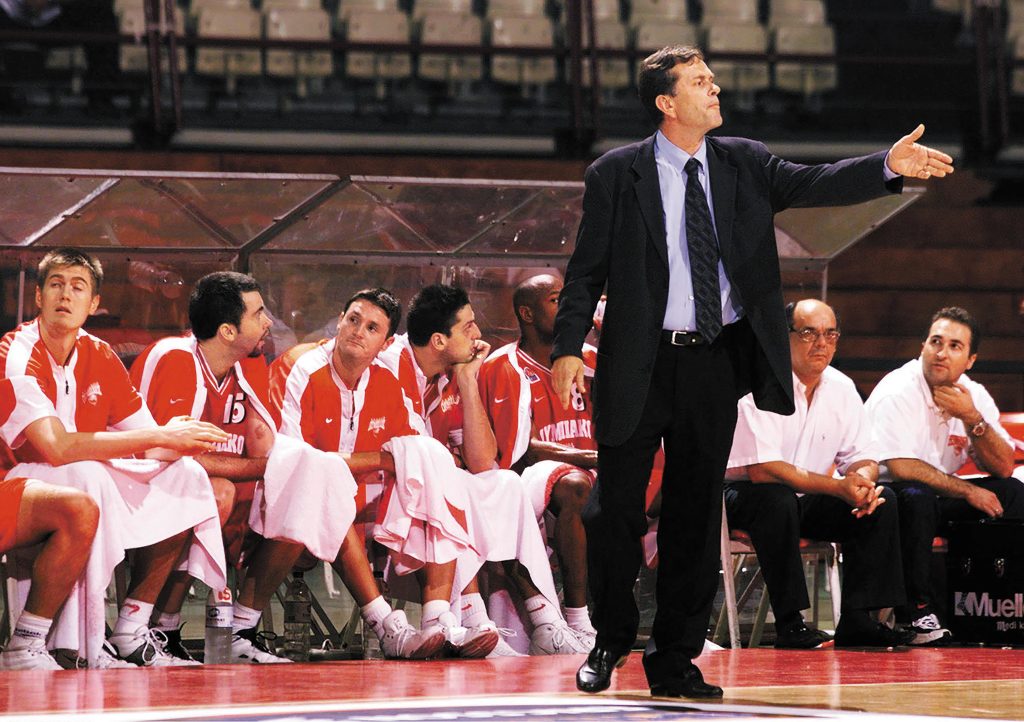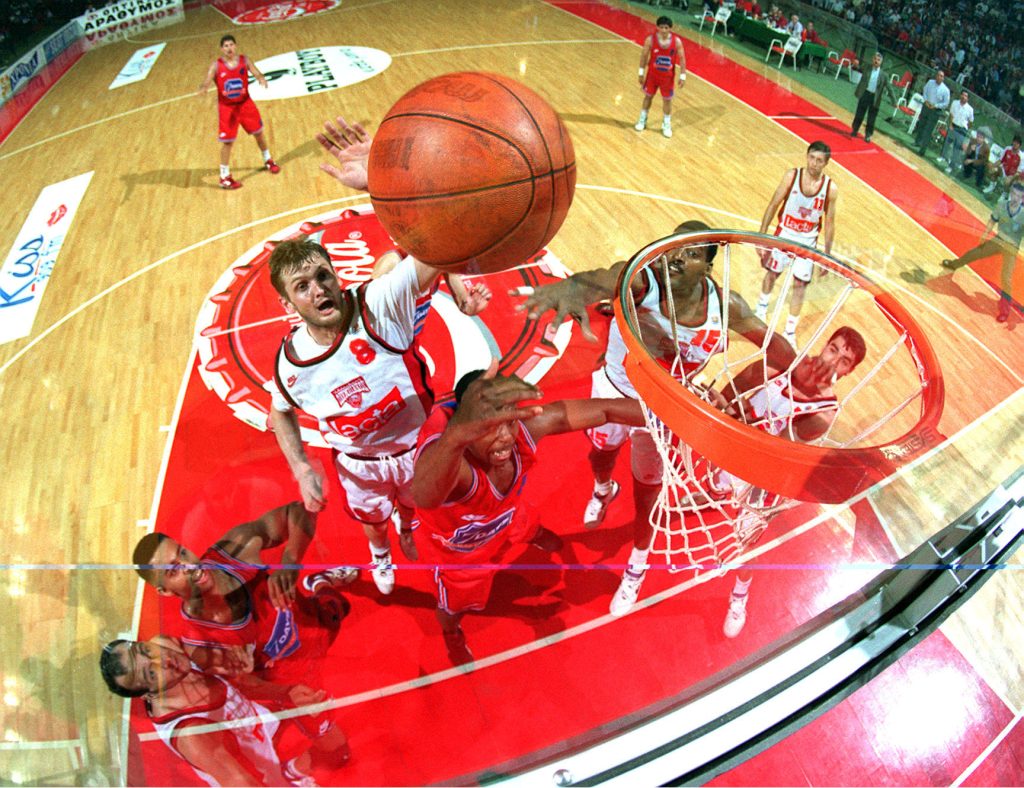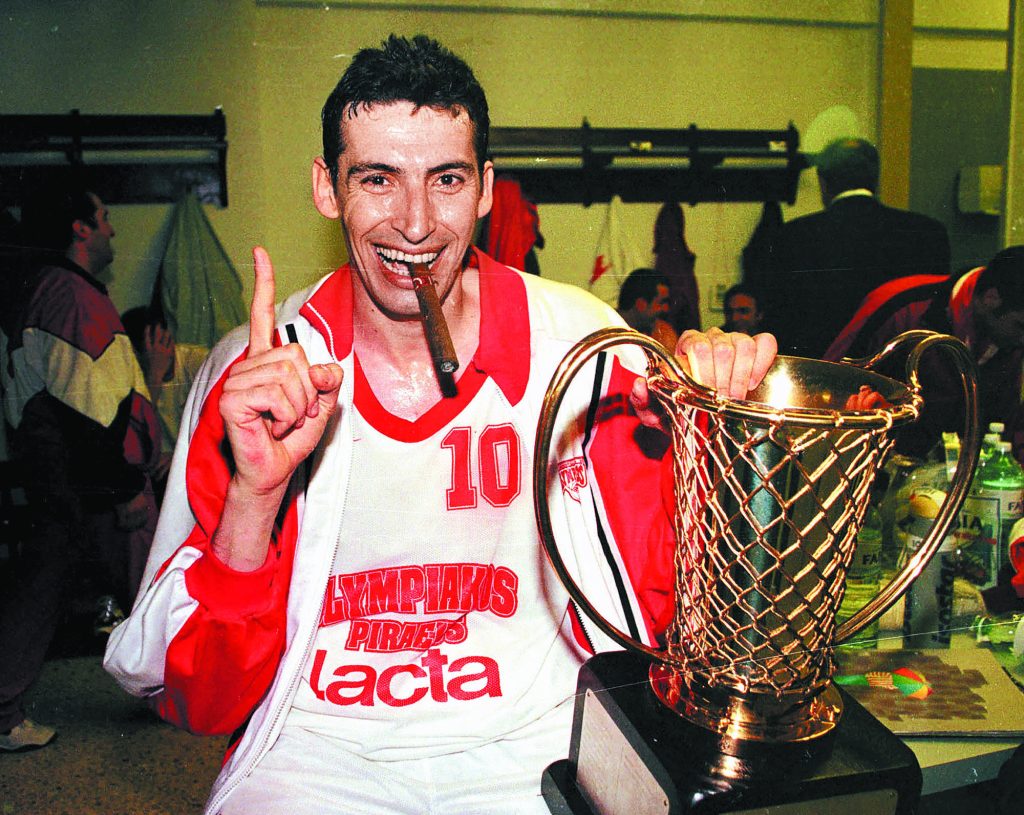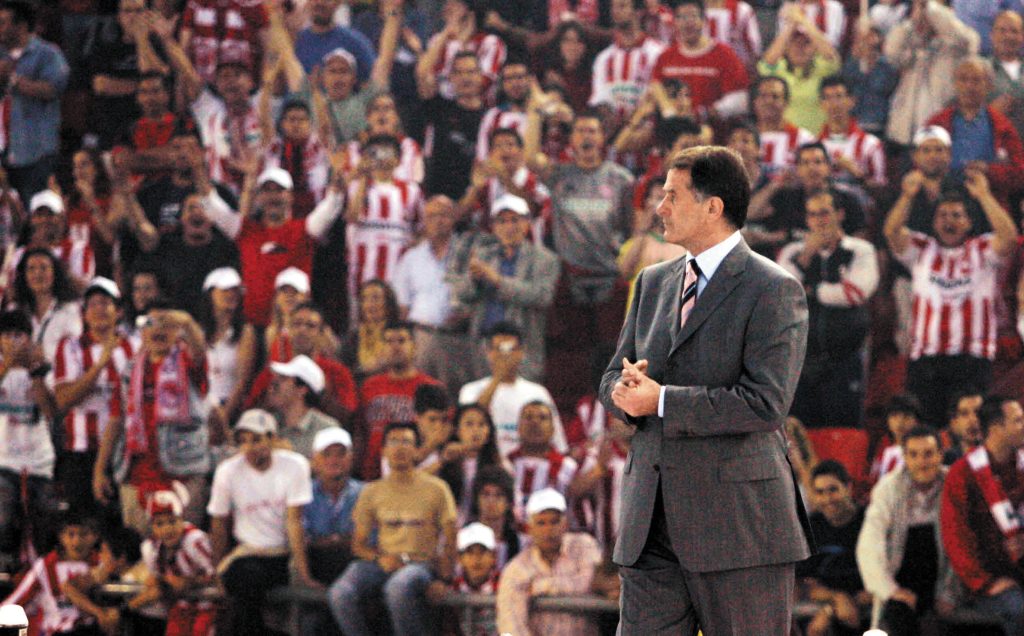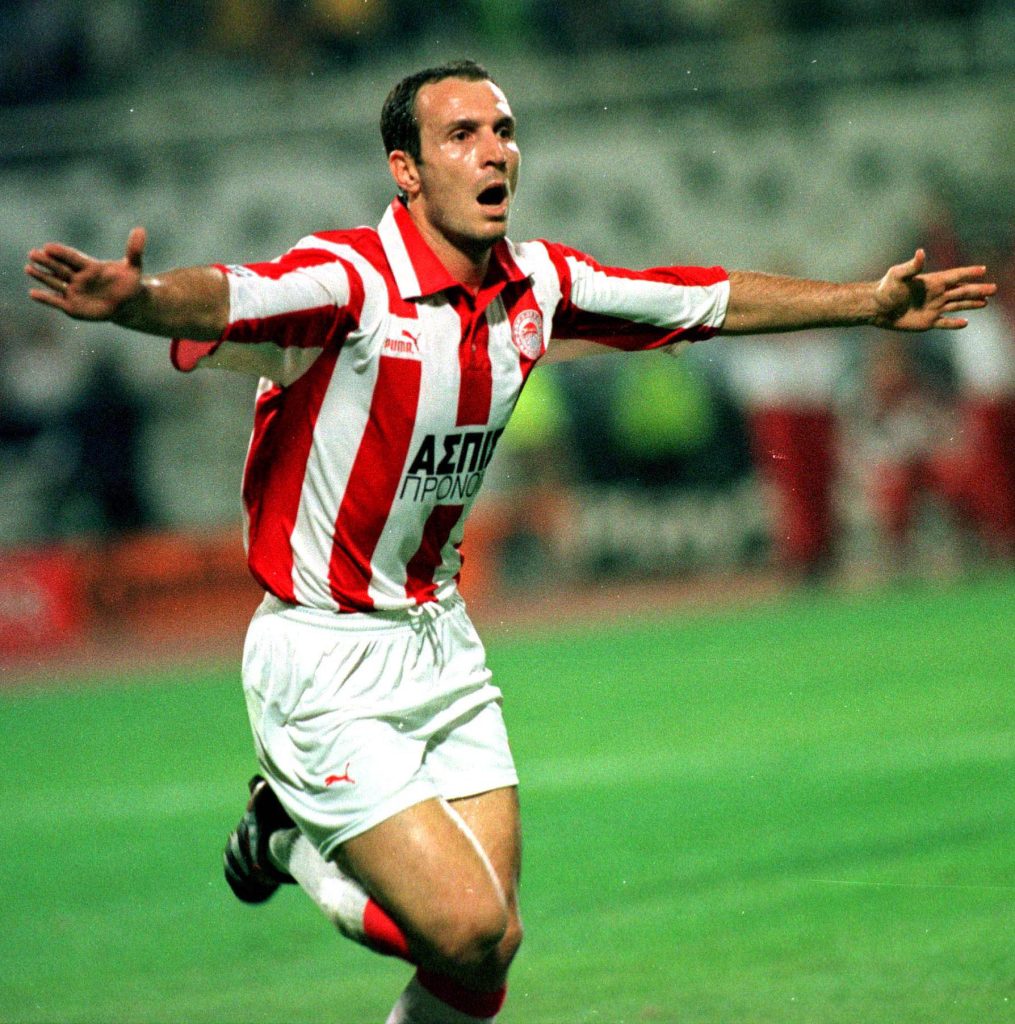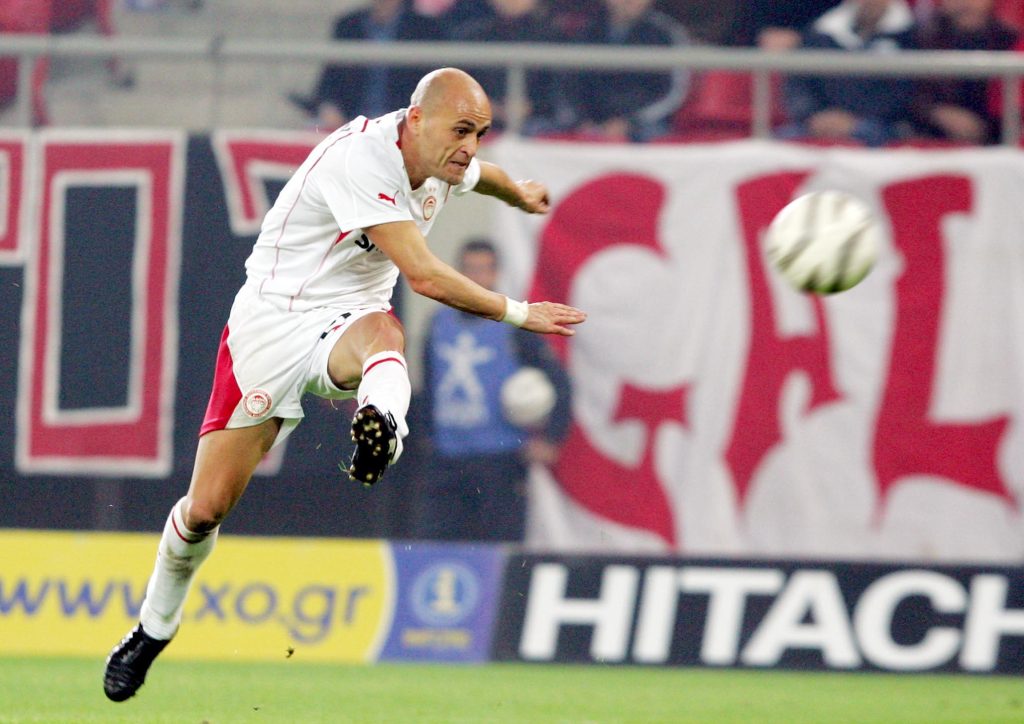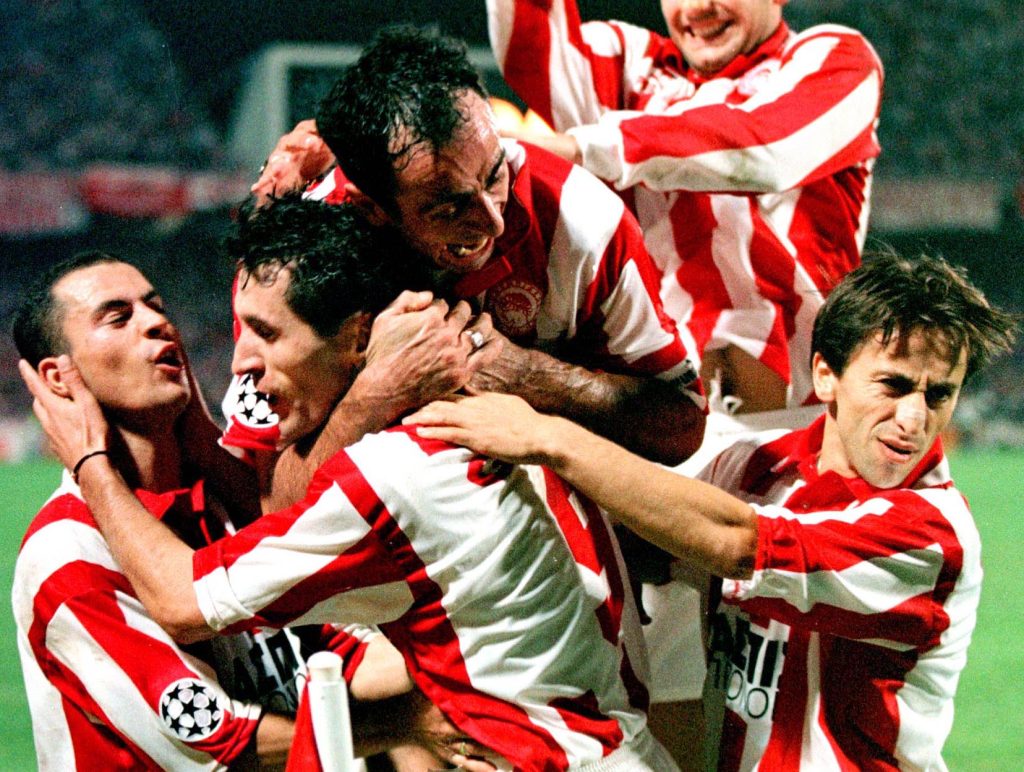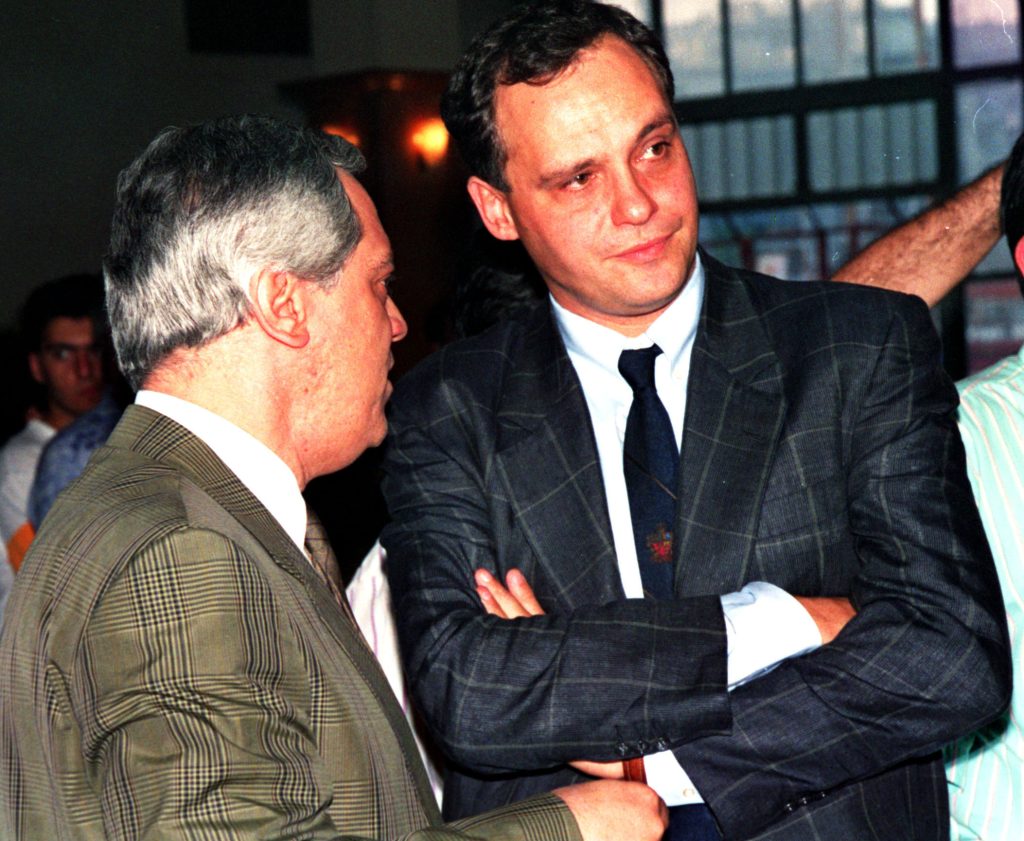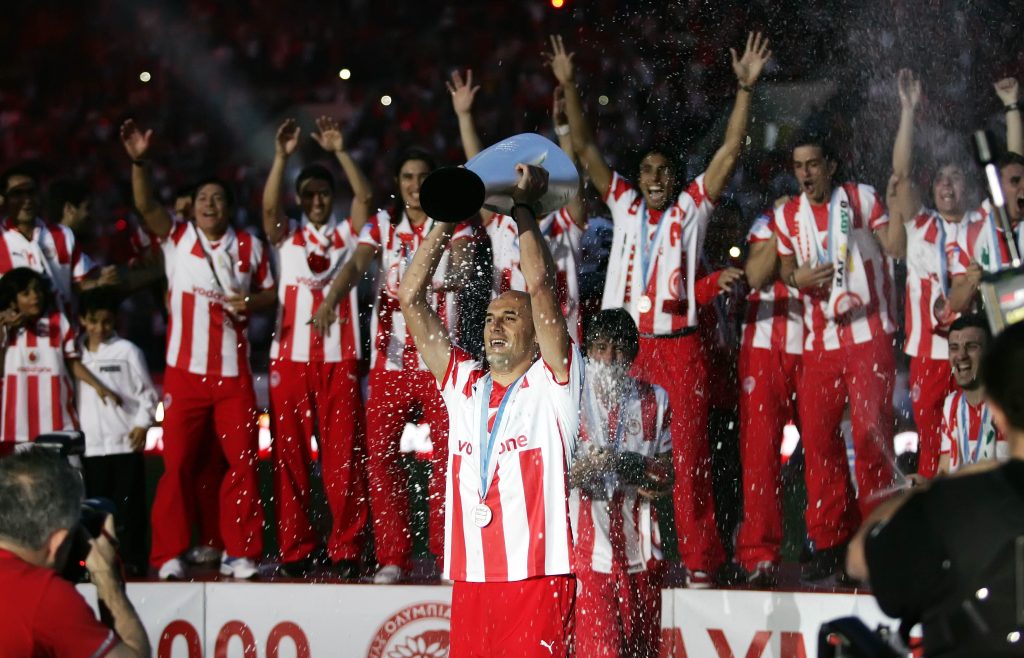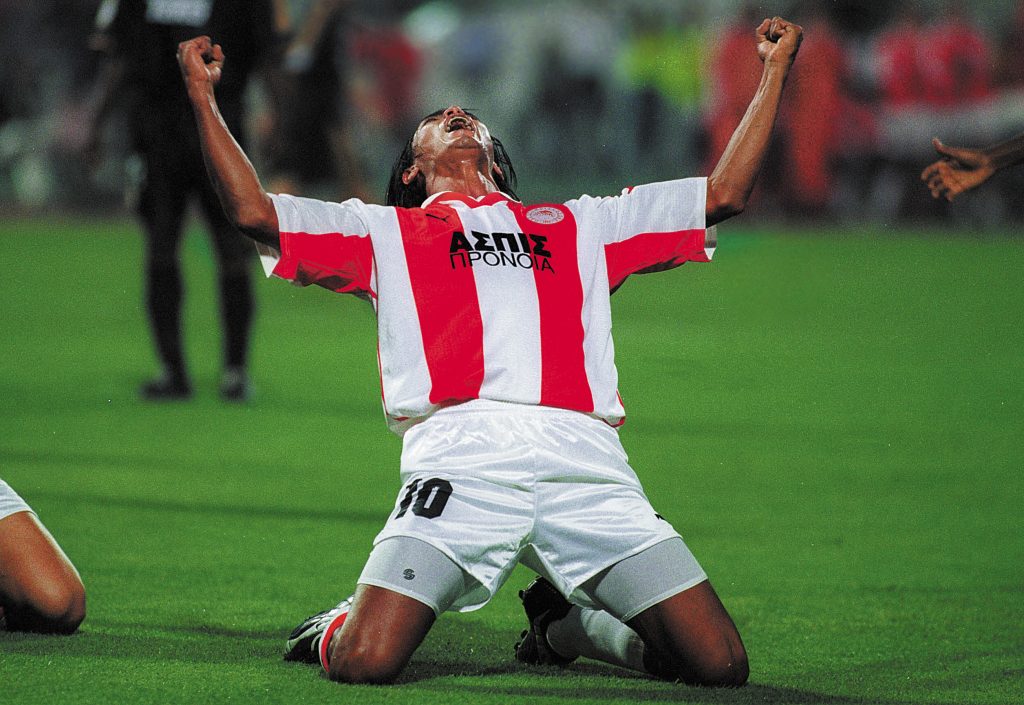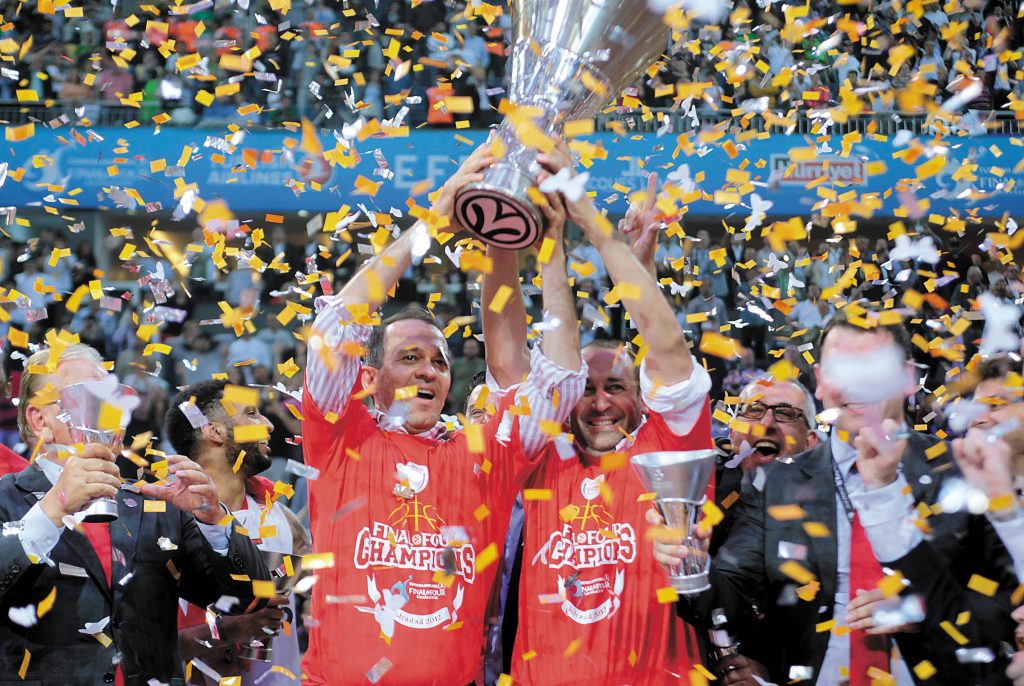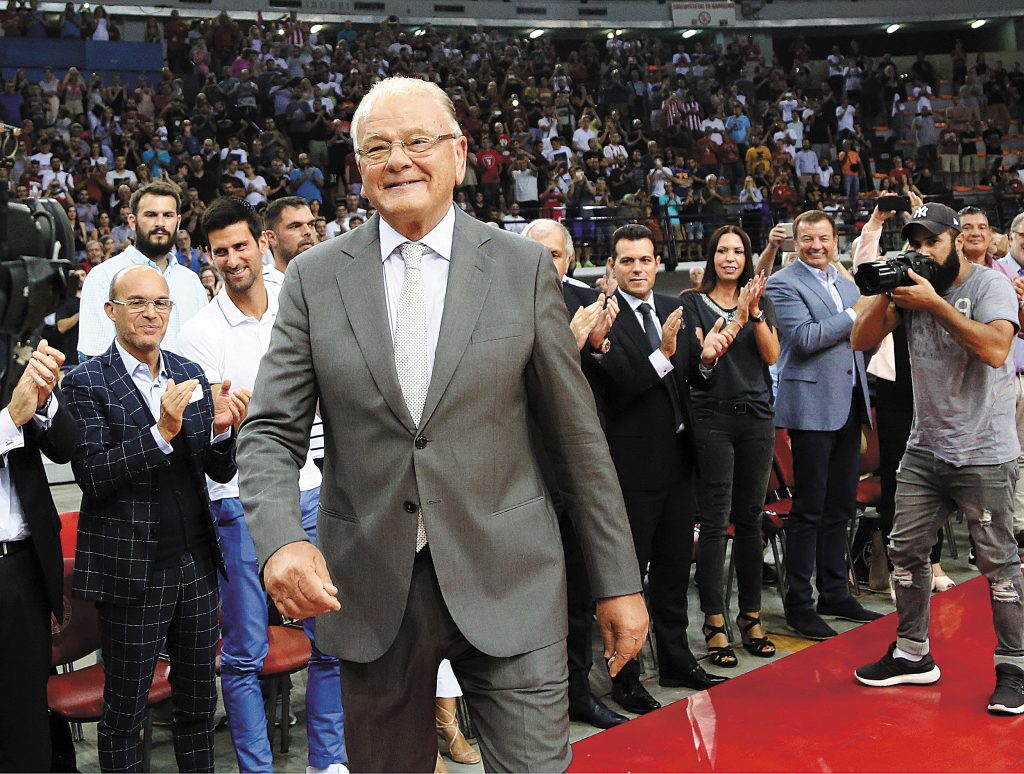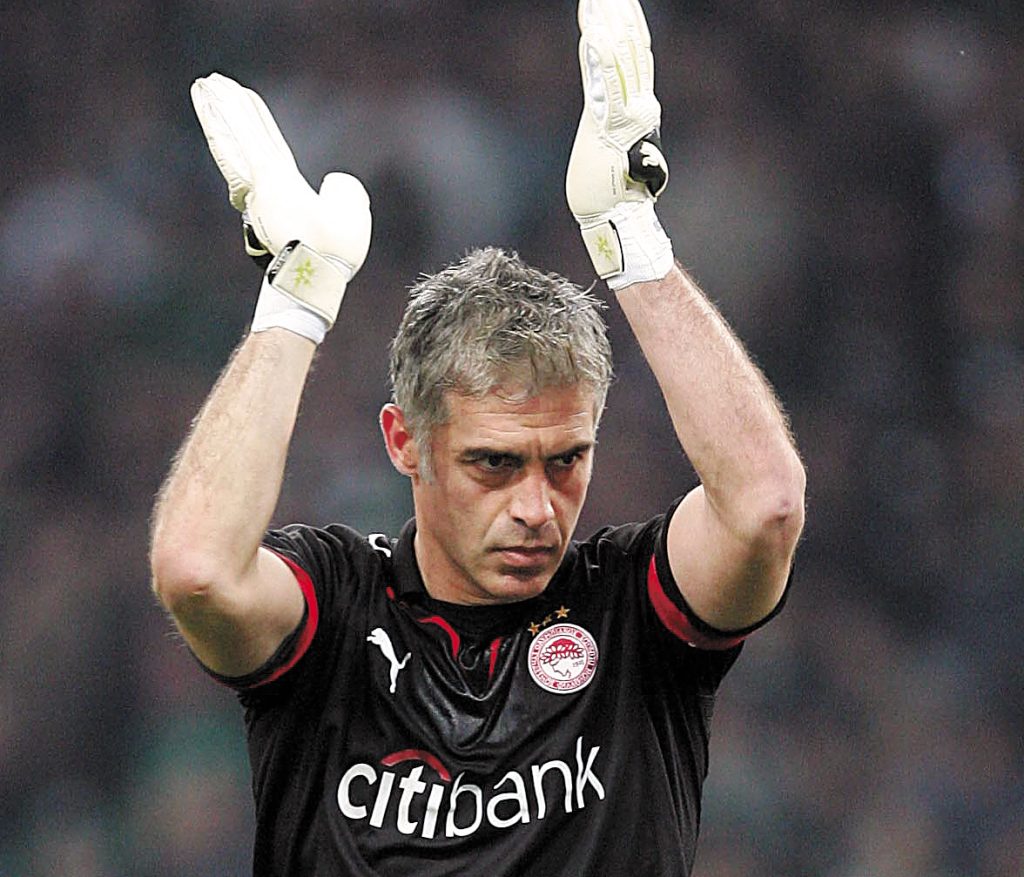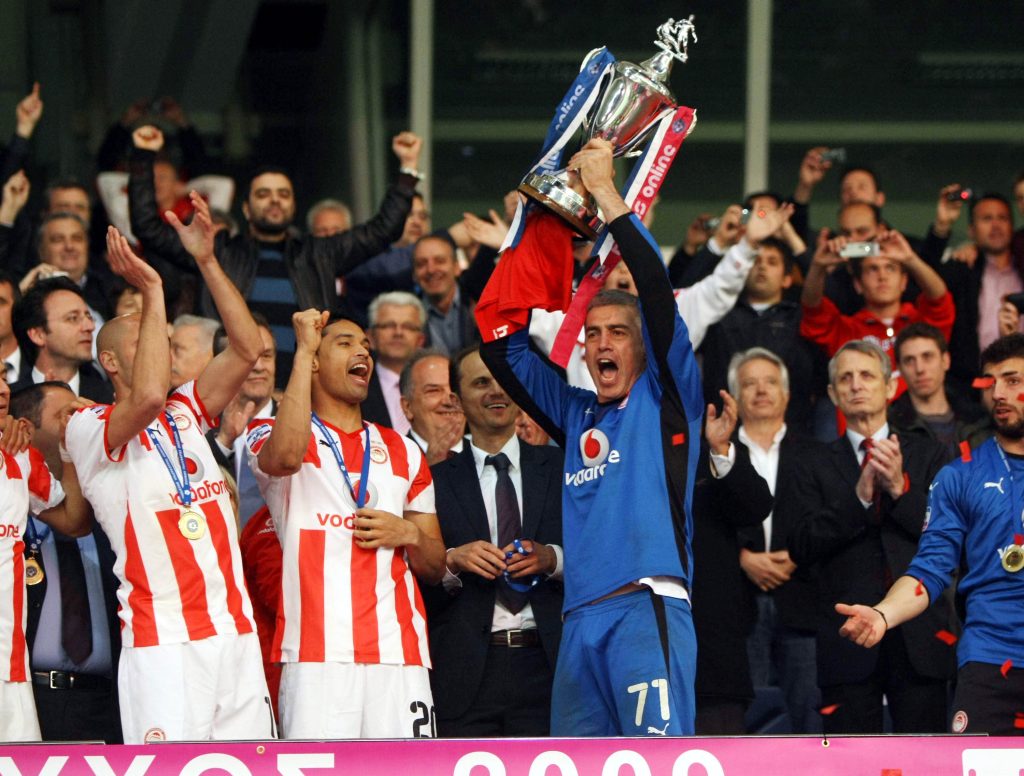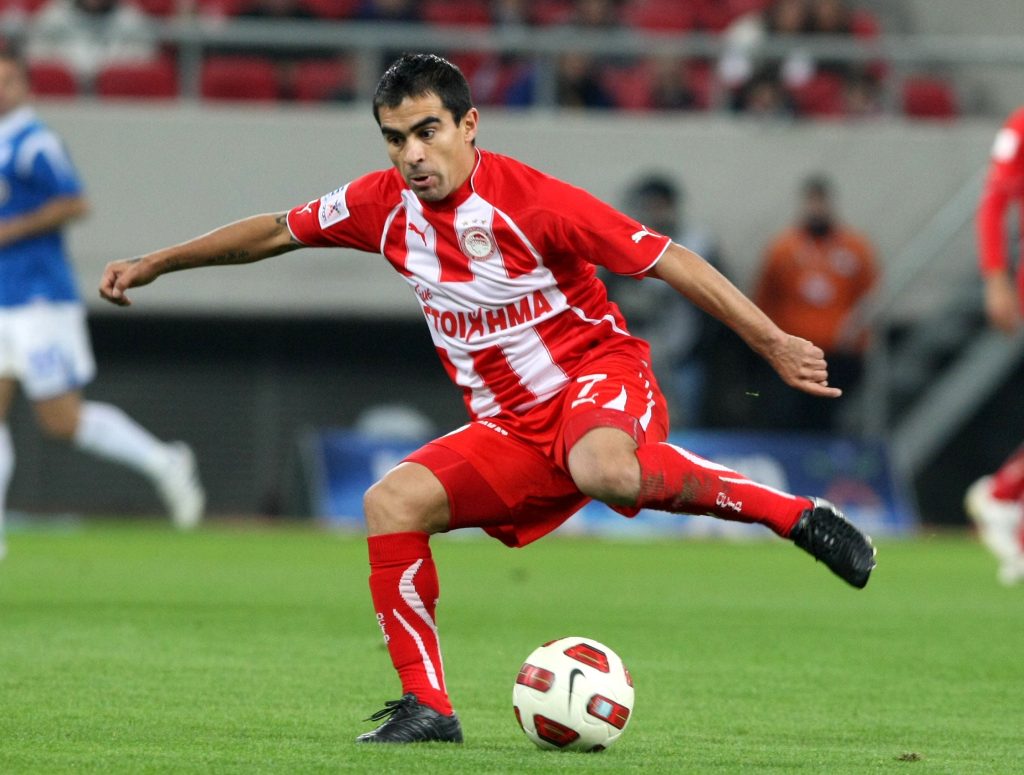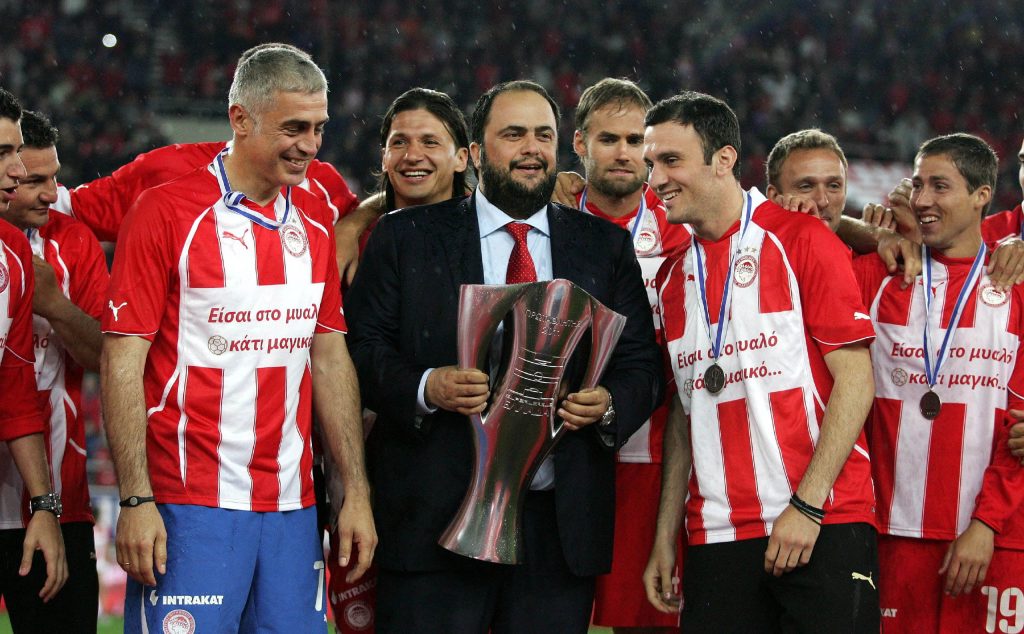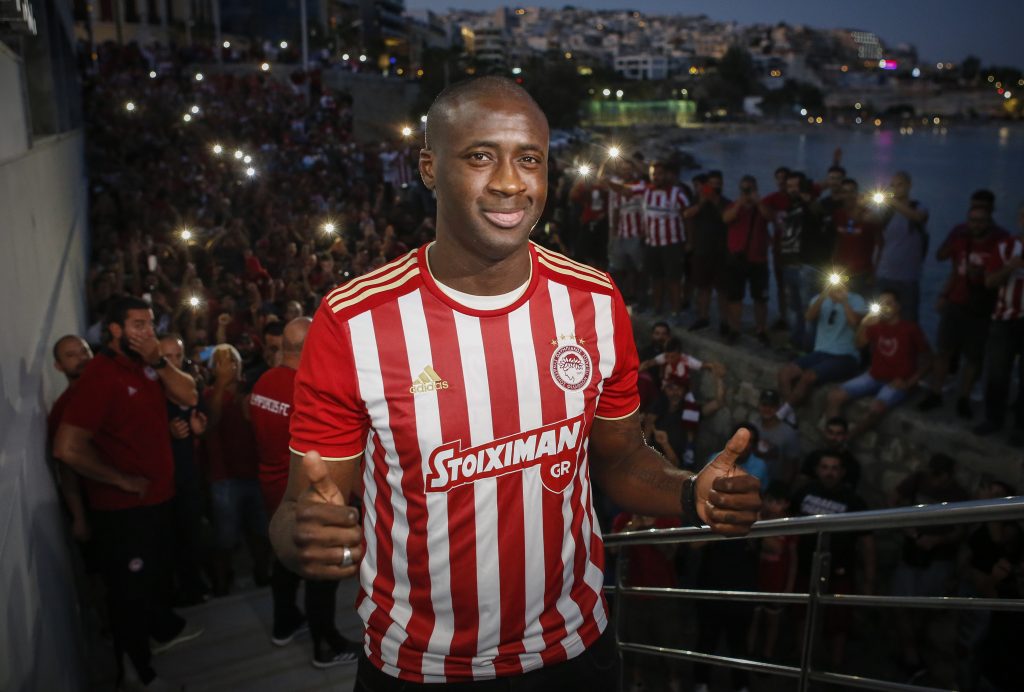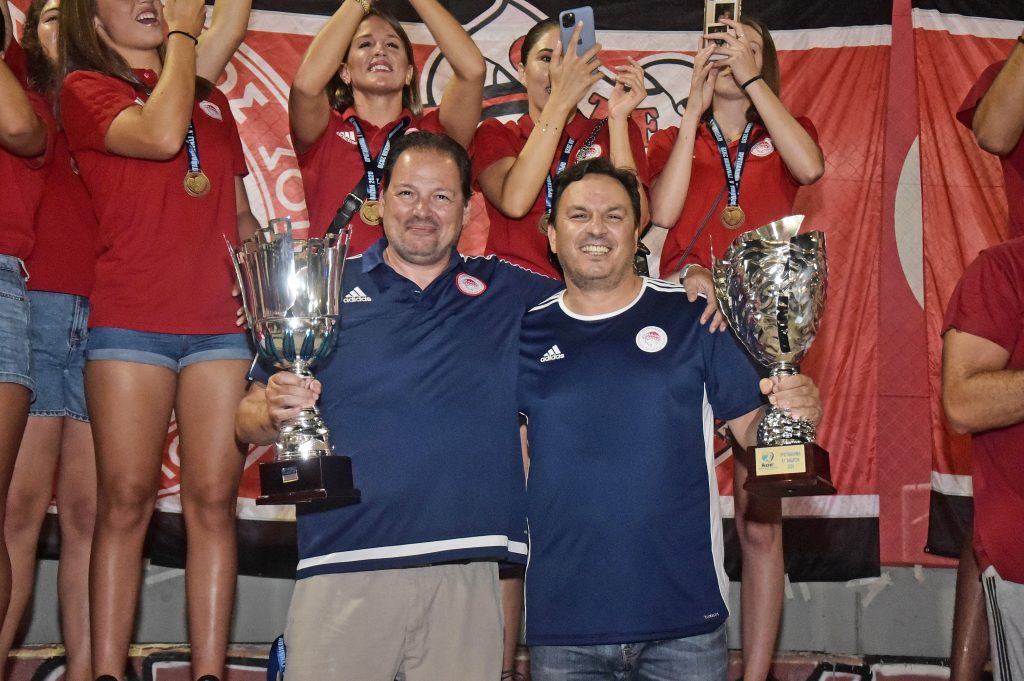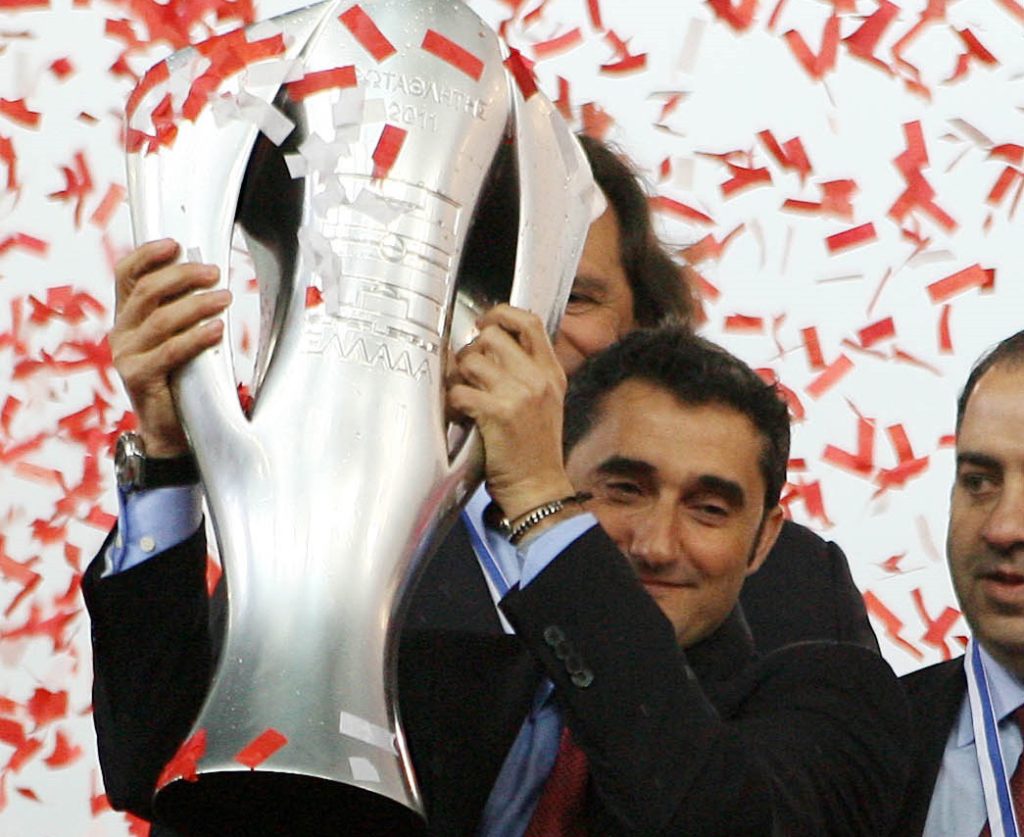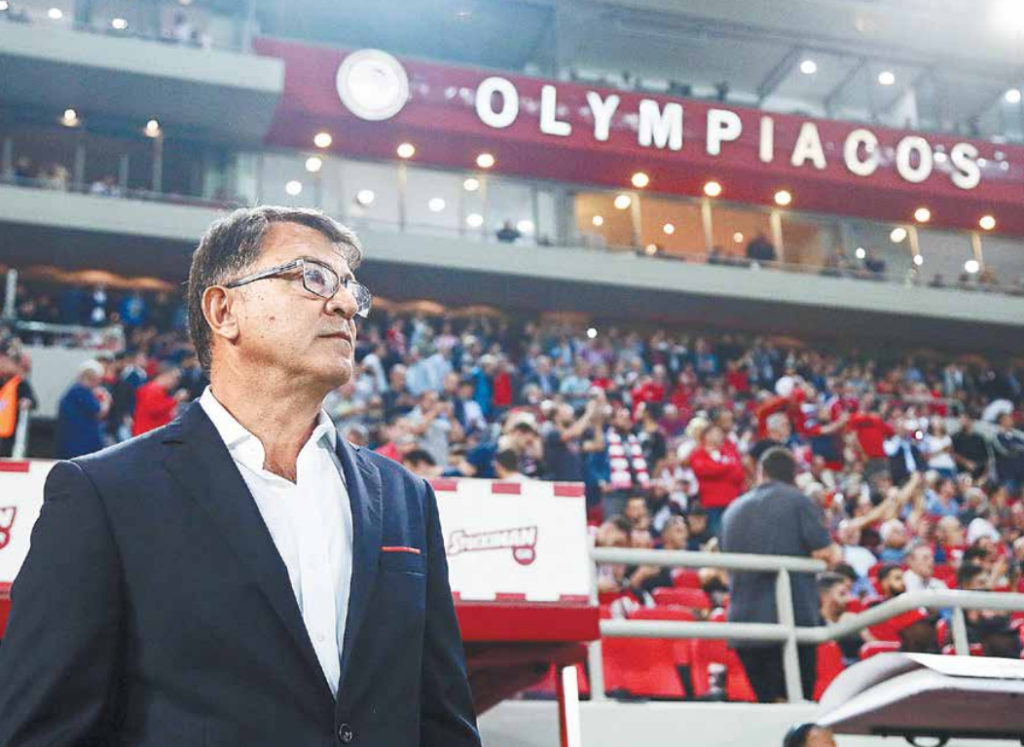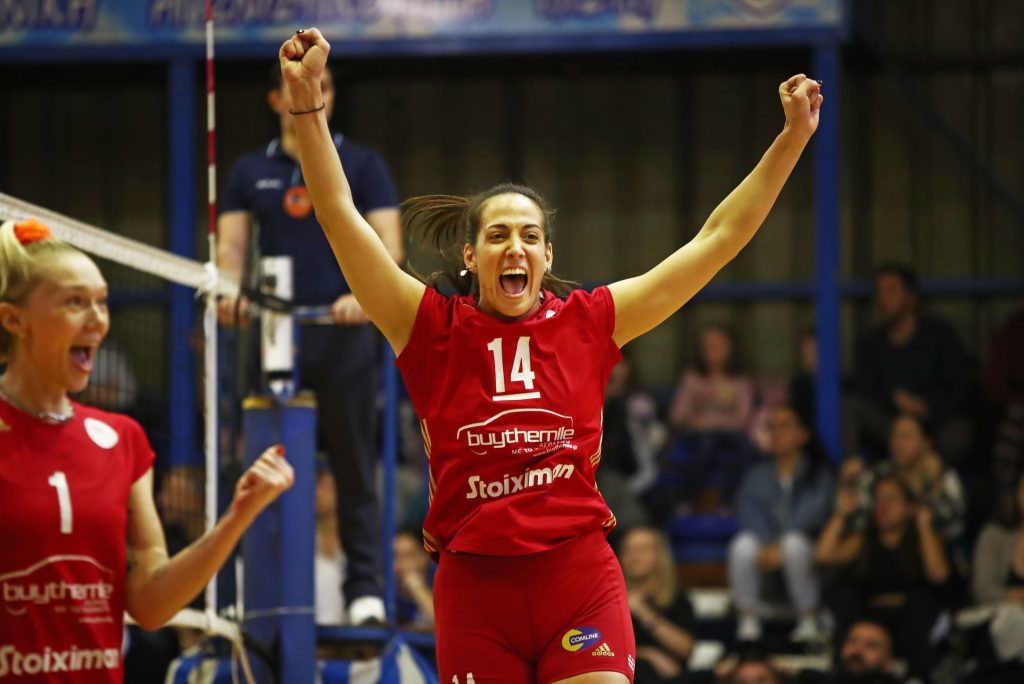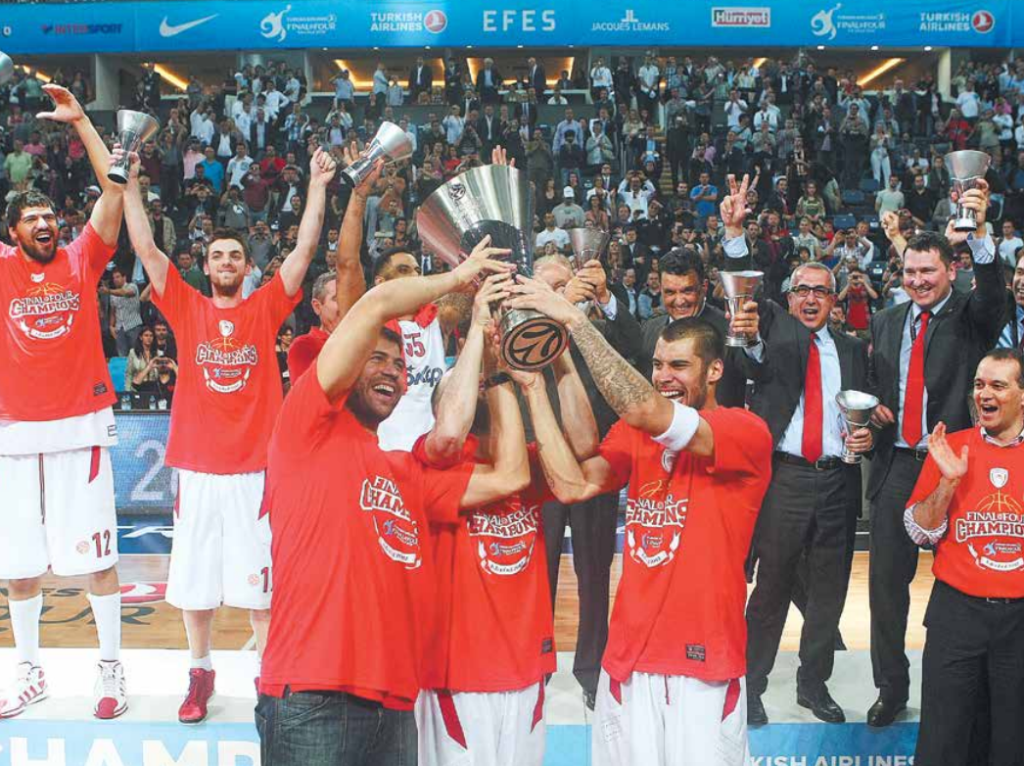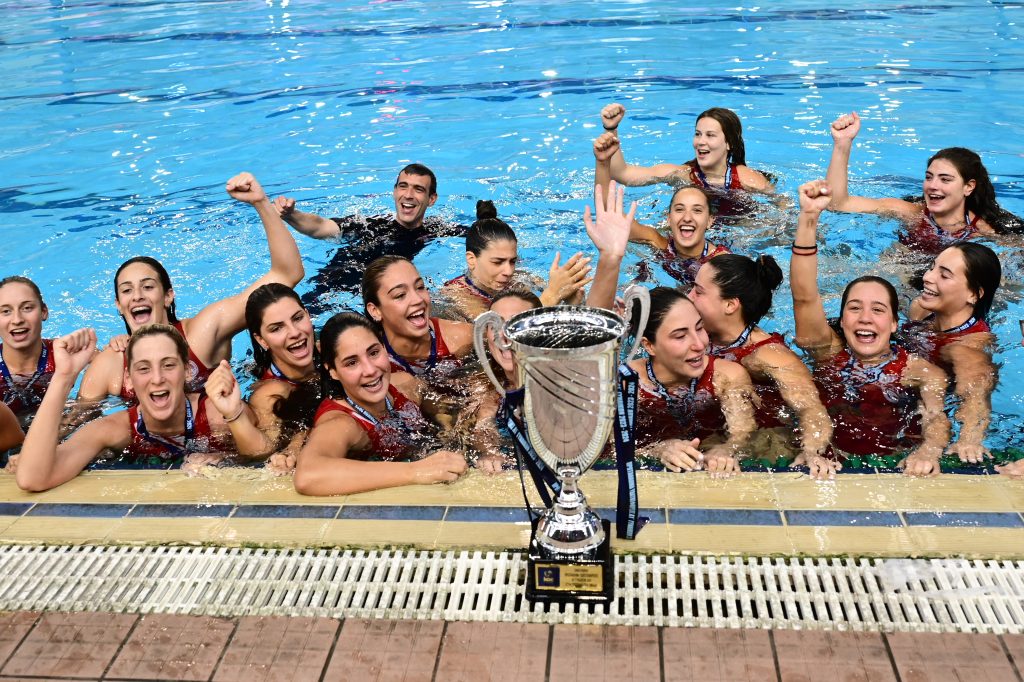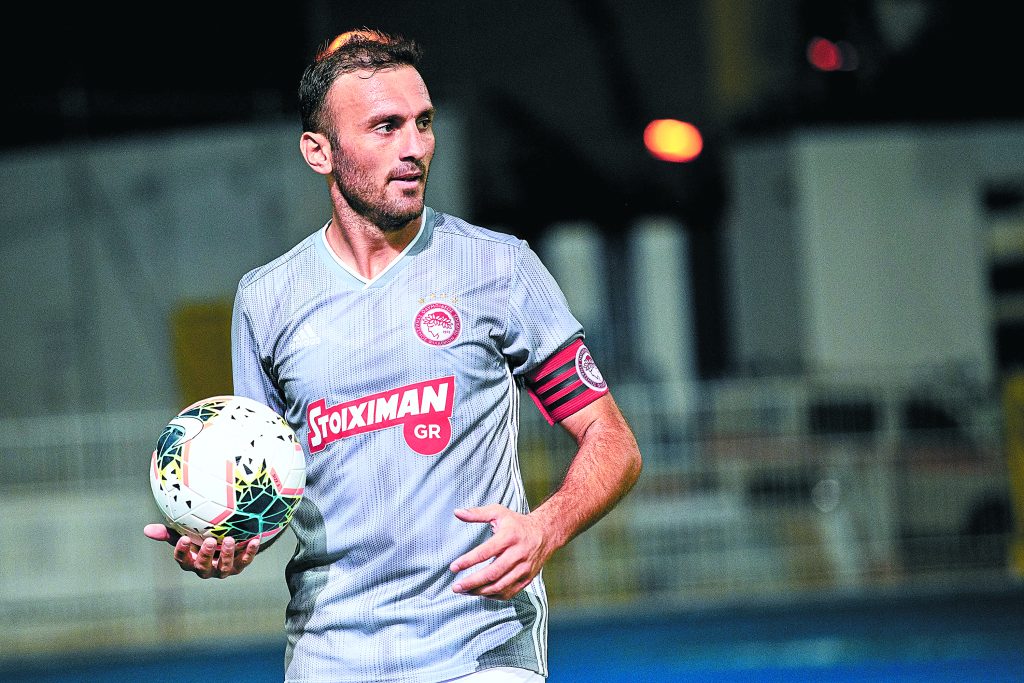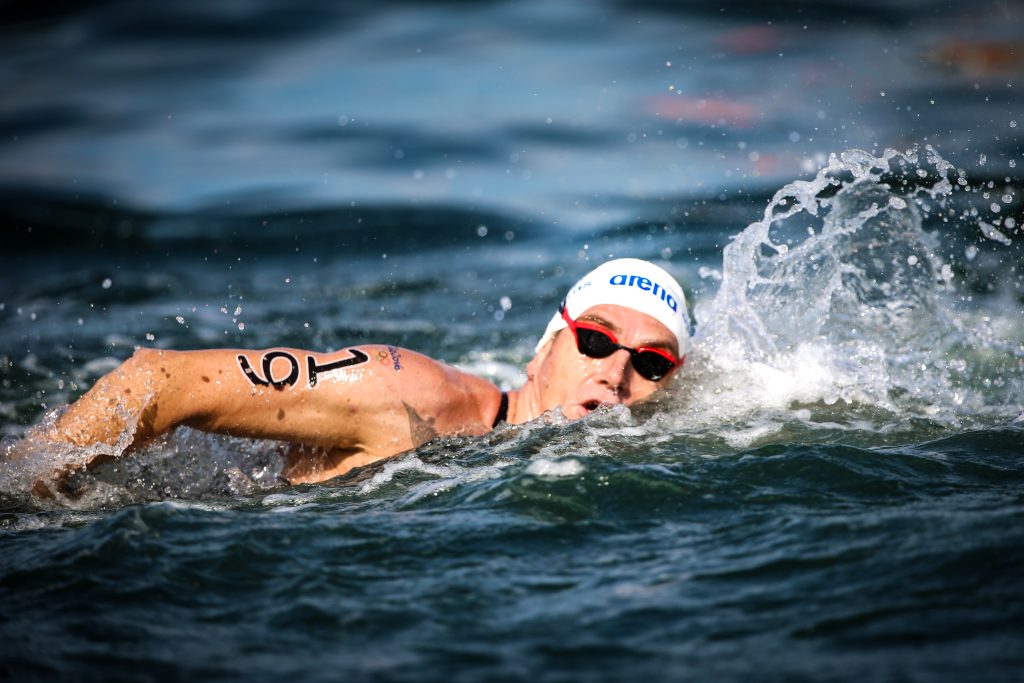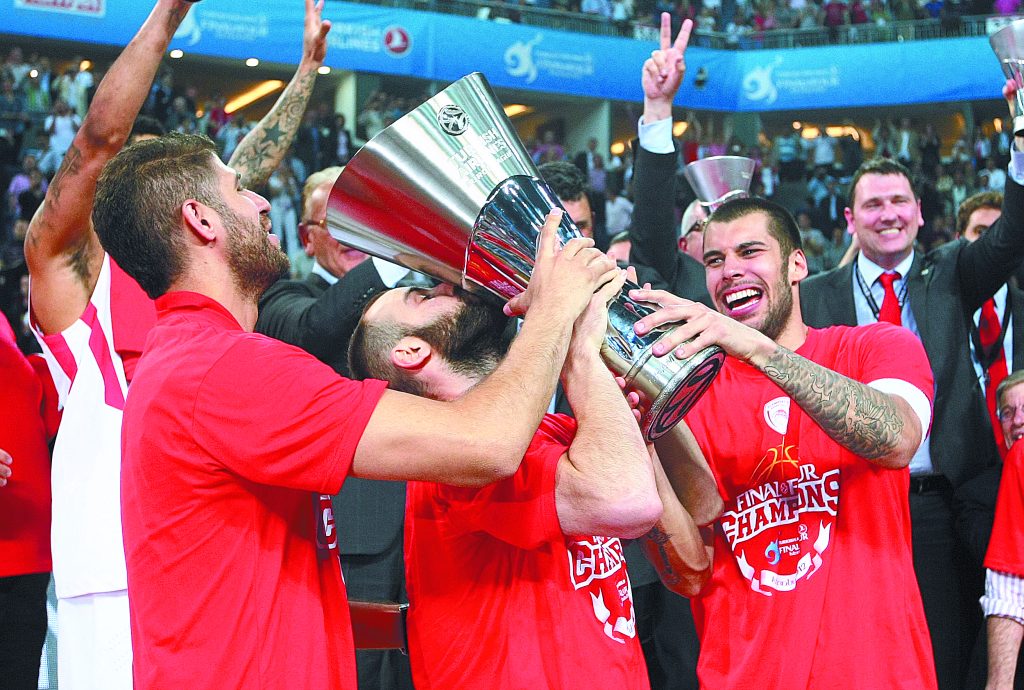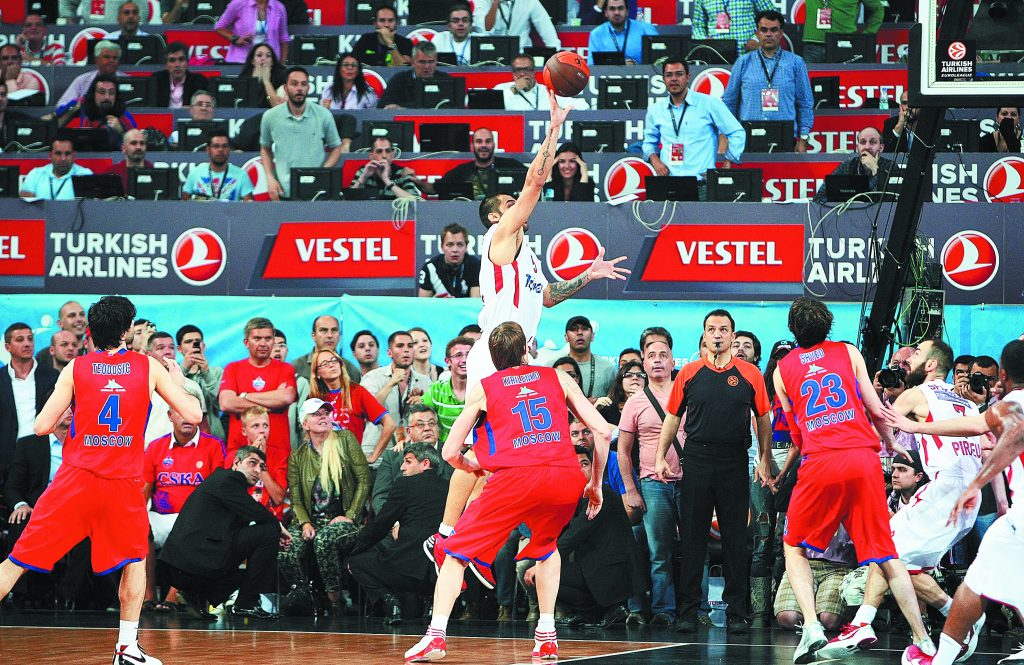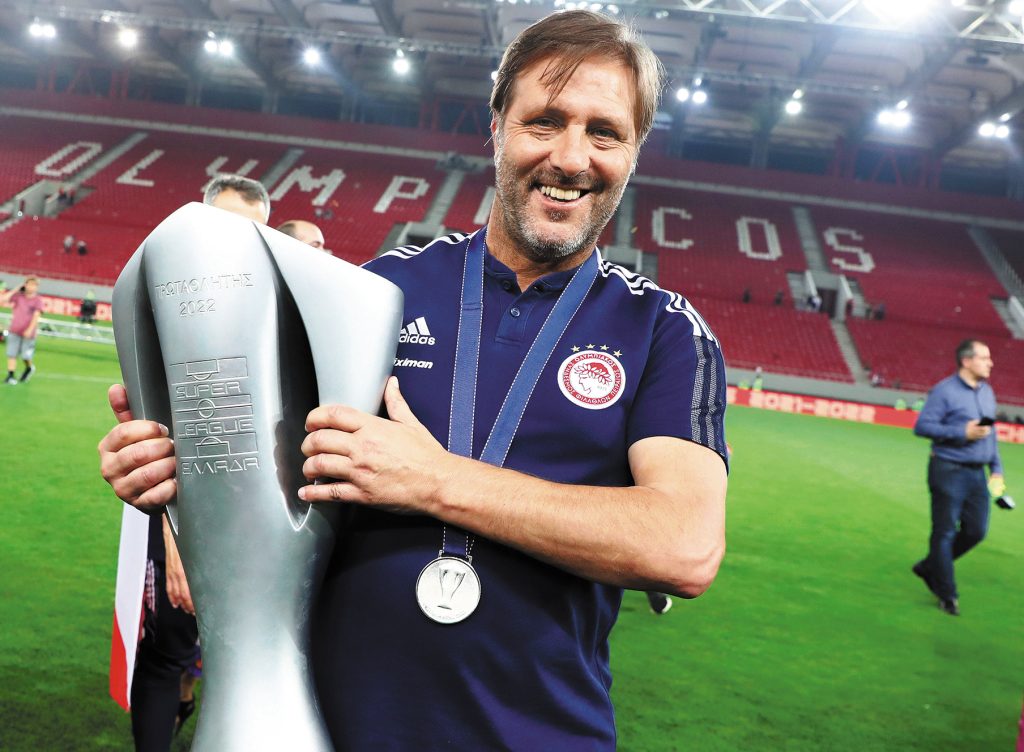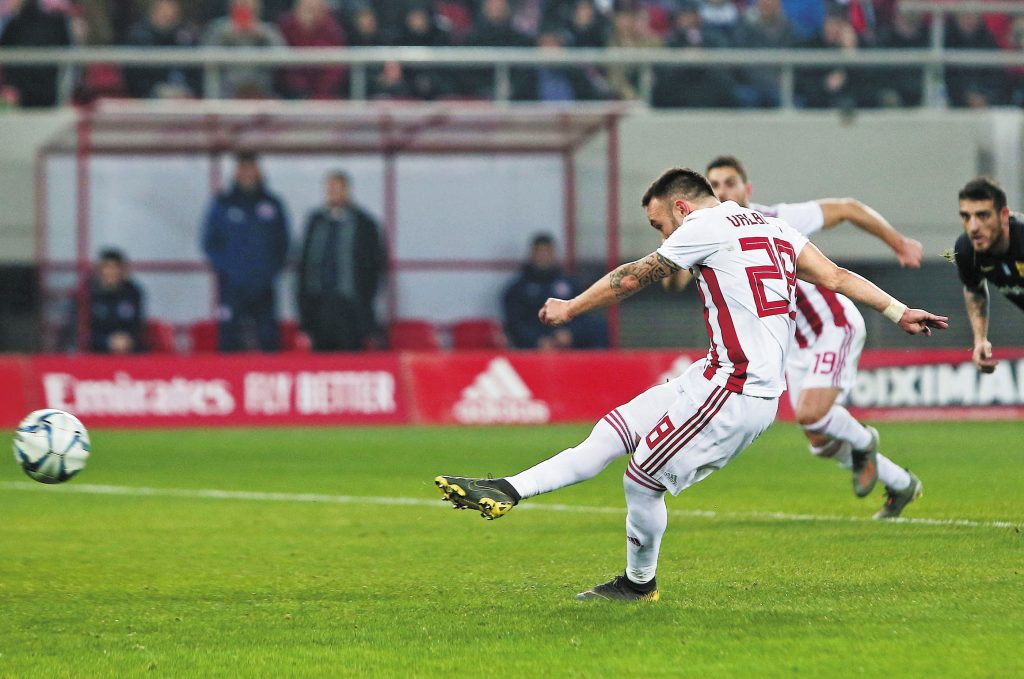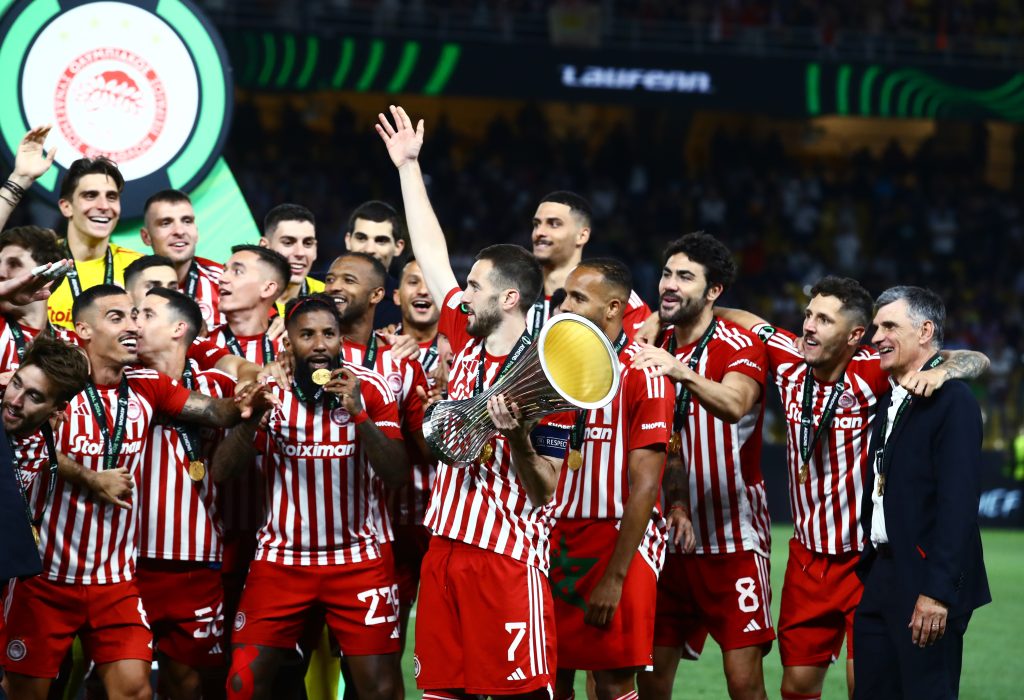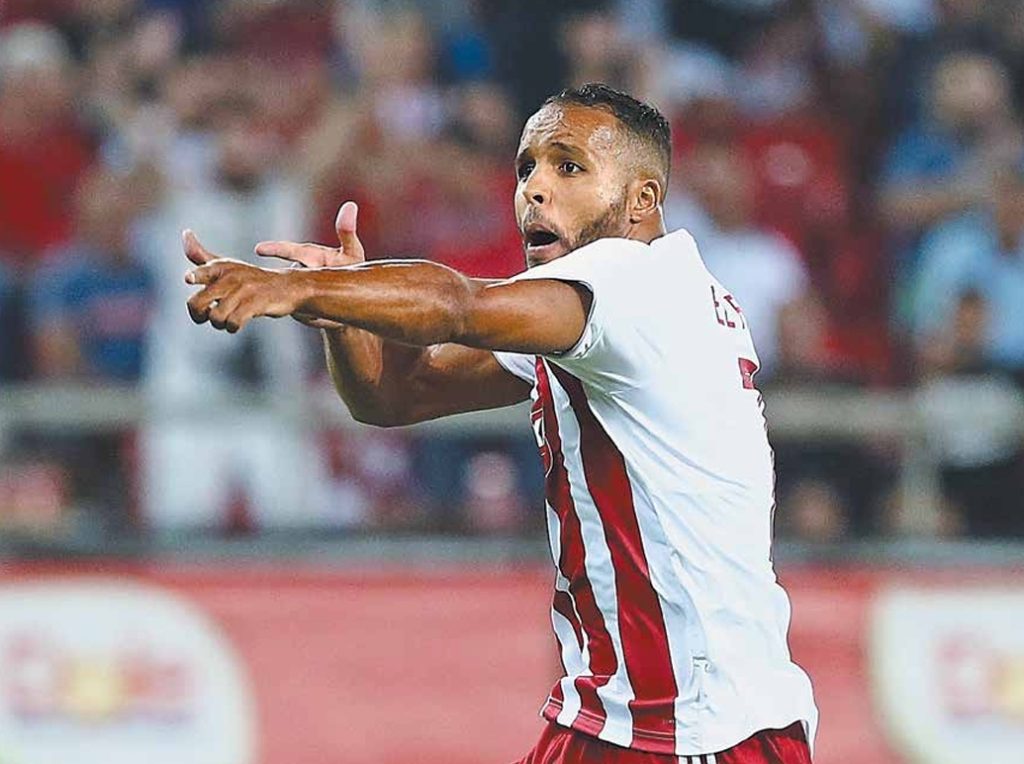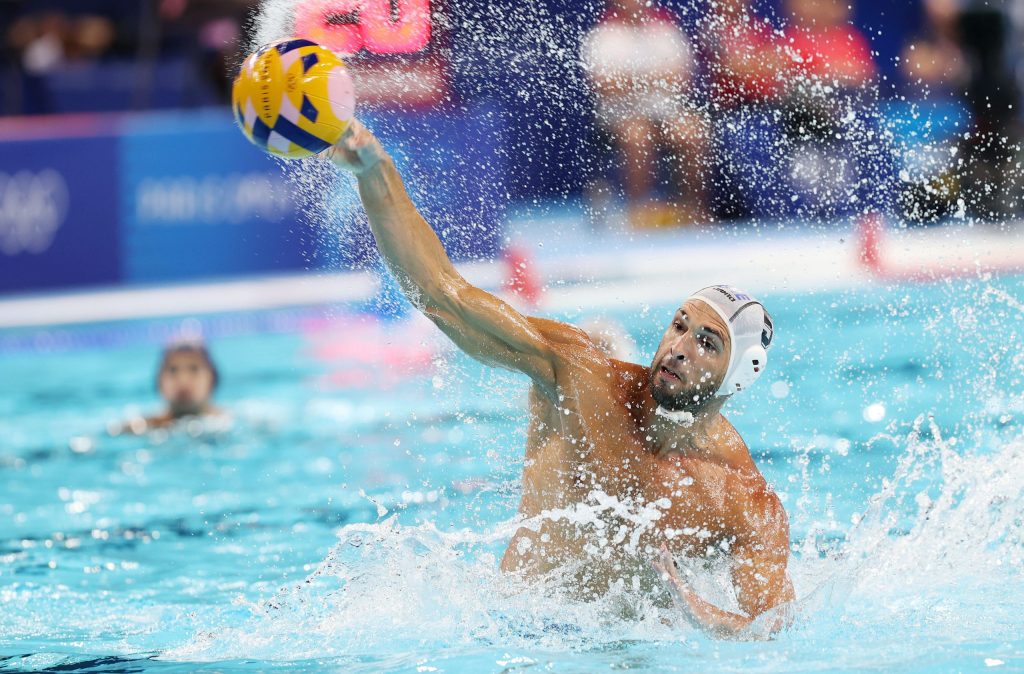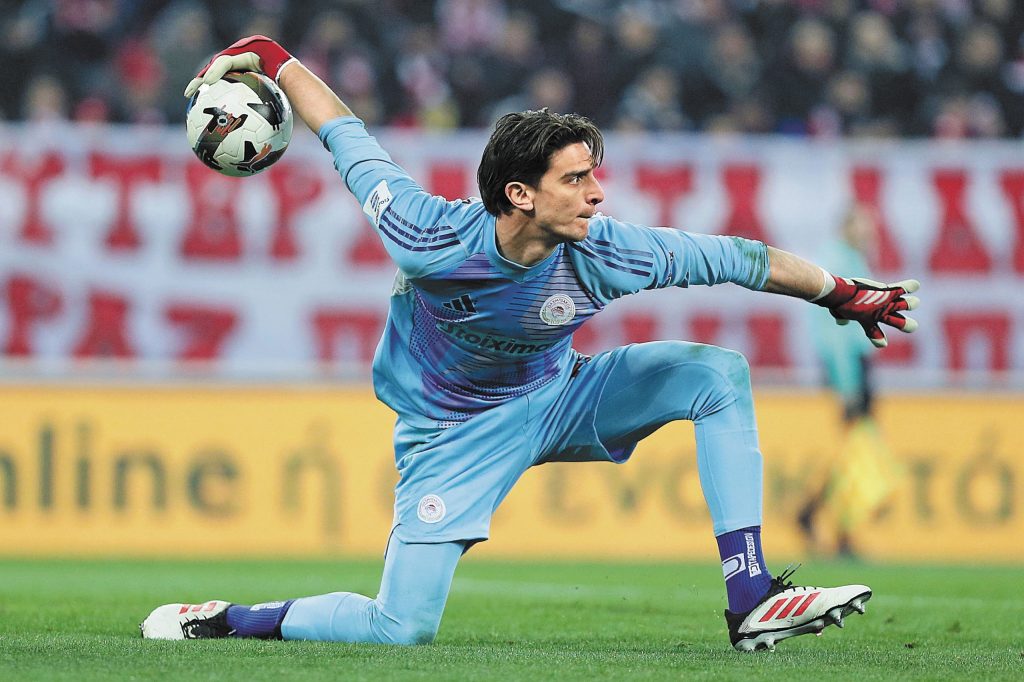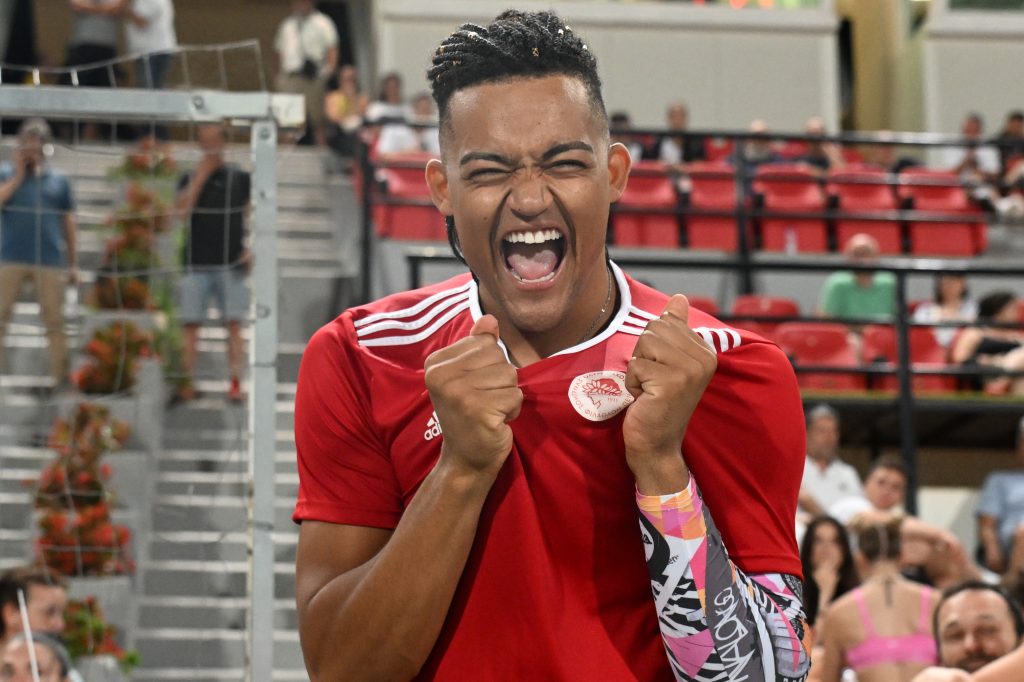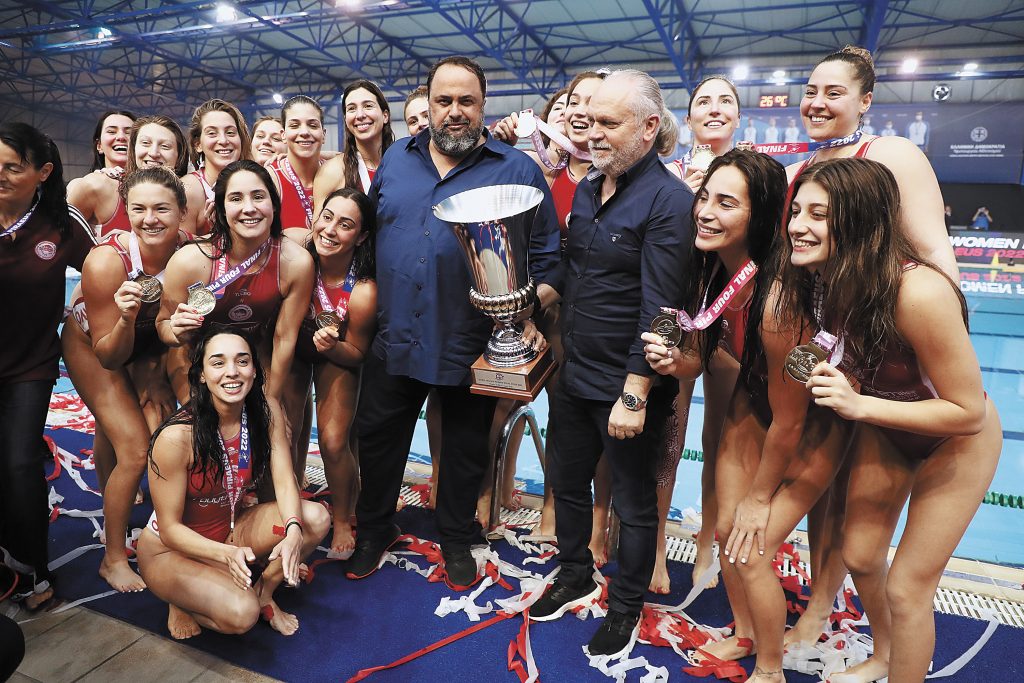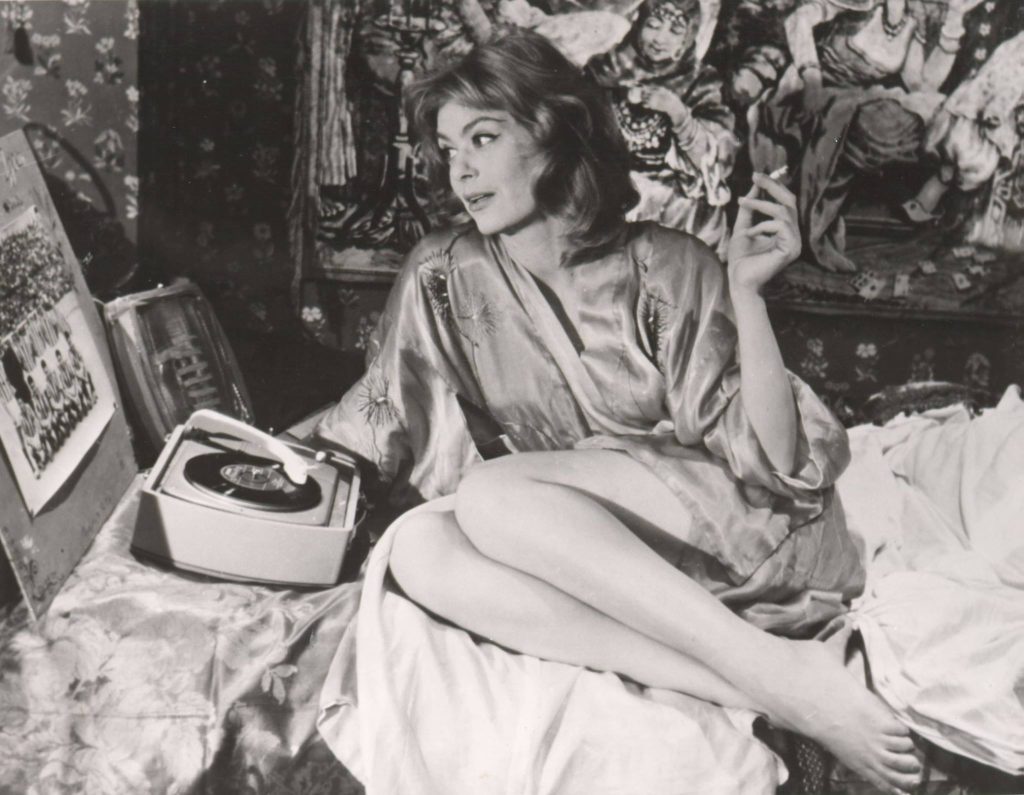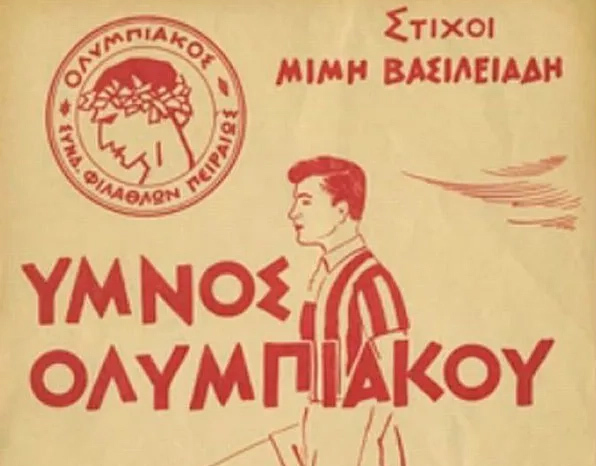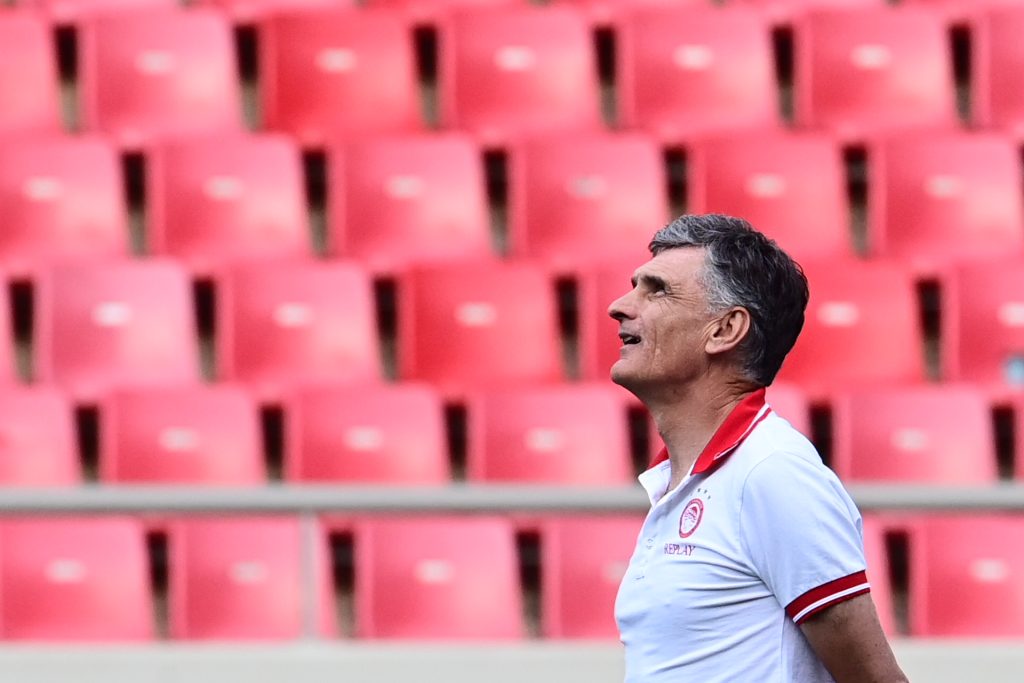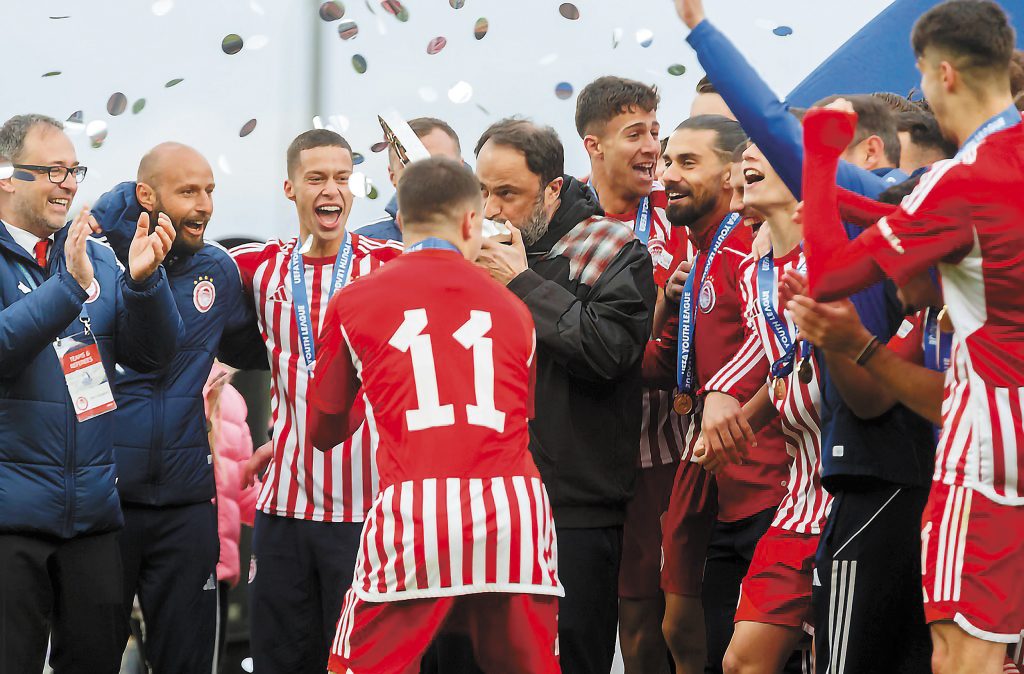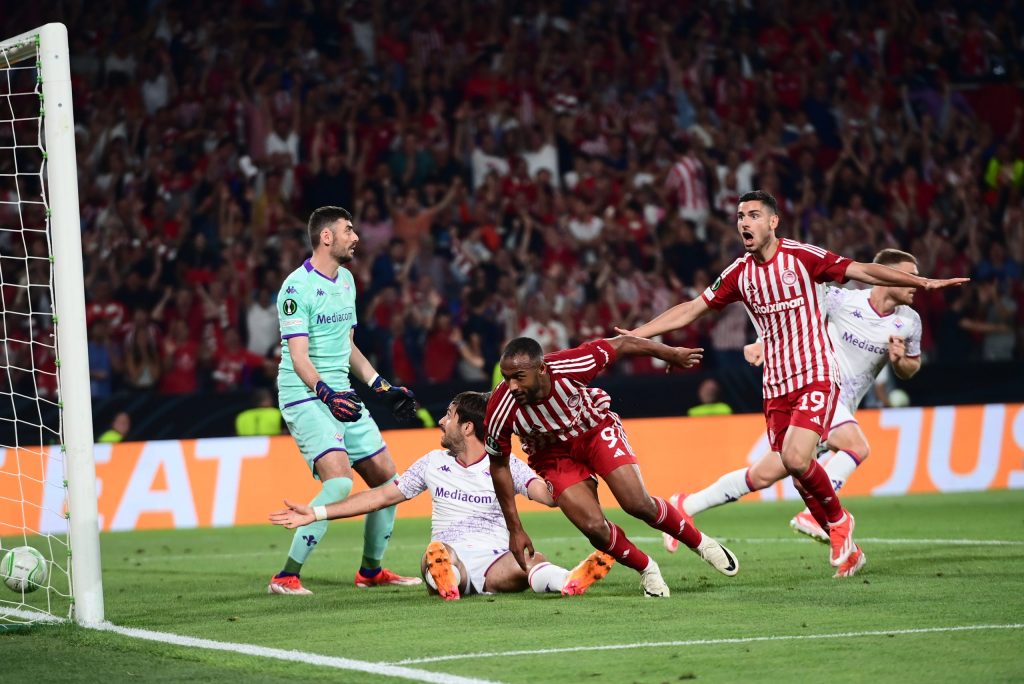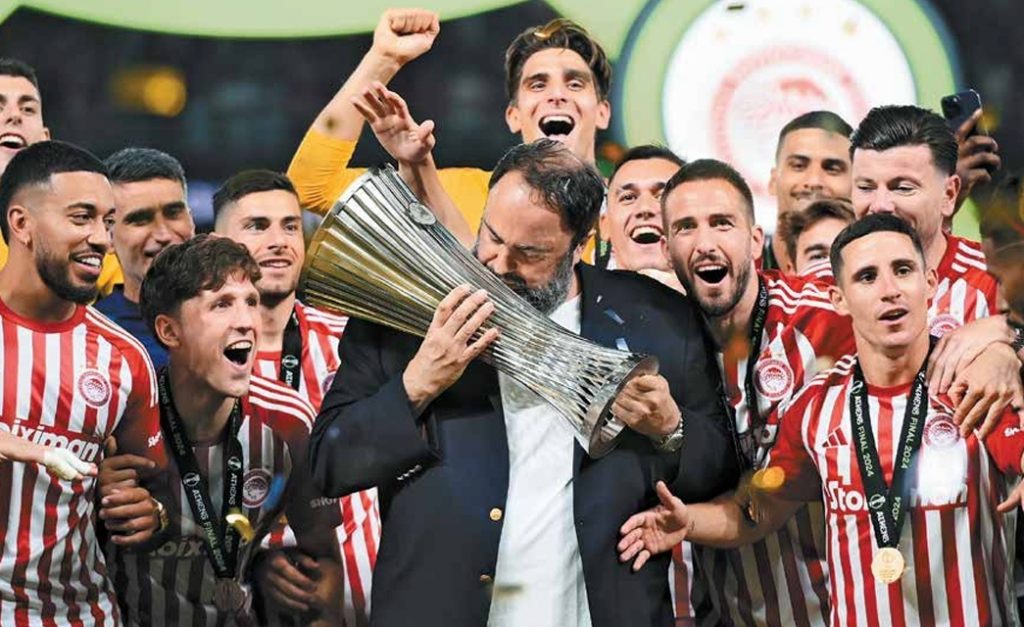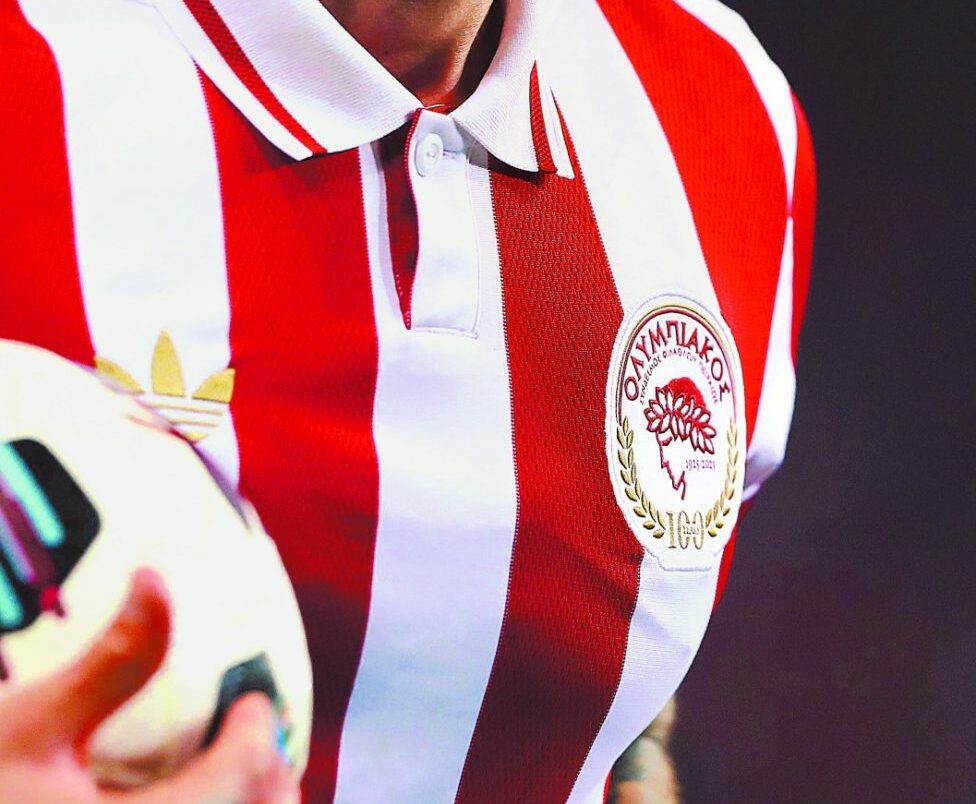The dreams we dream as children as we lie in bed and stare up at the ceiling of our childhood room usually fade and disappear as the years pass and adulthood descends. Georgios Bartzokas is one of the lucky few—blessed is what he often calls himself—who got to live his dream. Not once, but twice.
He became a coach at Olympiacos, the basketball love of his life, twice, serving in 2012-2014 and again since 2020. During his tenure, the Club has risen to the very top of Greece and Europe, making Bartzokas not only the longest serving coach in the history of Olympiacos, but also the most successful.
Born on June 11, 1965, his was not an easy childhood. His father Andreas Bartzokas, a communist and an important party cadre on the left, had been imprisoned in nearby Drapetsona and on the island of Corfu after the Greek Civil War. Later, he was exiled to Gyaros and Leros when Giorgos, as he is known, was very young during a military dictatorship in Greece (1967-74).
Outstandingly talented as a player, serious knee injuries deprived him of a stellar career he deserved and forced him to move into coaching at the tender age of 22. Needless to say, he never sits down for a moment, and even when we see him take a few deep breaths, it’s more of a tactic to get his constantly elevated heart rate under control while a game is still underway.
Of course, if you ran into the Olympiacos coach outside the stadium, the situation would be utterly different, as the person in front of you couldn’t be calmer. Because true passion is hard to rein in. And Olympiacos has always been a passion for Bartzokas, who was lucky enough to end up spending the most important years of his career at the Club.

Intensity and passion are the trademarks of the Olympiacos coach. But he always finds balance and a way to get 100% from all his players.
The rise and fall…
His career began in the lower local leagues, with teams from the northern suburbs of Attica, and continued at Marousi, Olympia Larissa, Marousi again and Panionios. Ascending one step at a time, Bartzokas would finally embark on his first stint at Olympiacos in the summer of 2012. It was a turning point that would change his life—and, in some ways, his whole being—forever. And it would give him what he’d always wanted: a chance with a truly great team.
Olympiacos was more than a great team for Bartzokas, it was the greatest team. Which is why winning the Euroleague, apart from earning him a place in the history books as the first Greek coach to do so, also allowed him to see what lay ahead, on the other side only visible from the summit.
The end of his first spell at Olympiacos coincided with one of the hardest periods in his life, leading him to become “the change you want to see” and resign from the team. Being booed outside the Peace and Friendship Stadium after Olympiacos lost the Greek Cup game at the start of the 2014-15 season was the breaking point. He stayed off the bench until the summer of 2015, when he found in Krasnodar, southern Russia, not the “Promised Land” but a place that would help him attain a new perspective on life and coaching.
… and the return
The next chapter didn’t go as expected or according to plan. A difficult, unlucky and unsuccessful spell at Barcelona was followed by a return to Russia and Khimki, before January 2020 brought something he had almost written off as a possibility in his head, if not his heart: a return to Olympiacos! But while Olympiacos had been champions of Europe the first time he’d joined them, the team was now in the A2 tier, with its value on the European market in freefall.
Now, in the Club’s centenary year, Giorgos Bartzokas can feel good about himself, and especially about his team. After five consecutive seasons on the bench, even if only for a few seconds in each game, Olympiacos has returned to the elite of Europe, finished at the top of the Greek league twice, and treated the fans to some of the finest and most beautiful basketball of recent decades.
He’s already the top coach of all time for Olympiacos. With four words: He lives his dream. Something that others chase all their lives.
A lifelong relationship
As he prepares to embark on his seventh decade, Bartzokas wants to leave Olympiacos riding as high as possible when the time comes—because, as a realist who knows that dreams don’t last forever, he knows it will. And high not just in terms of titles won, but also with a well-rooted culture that’s fully compatible with the Club’s DNA—which he’s intimately familiar with, as it’s his sporting DNA, too.
As he is fond of saying and means it when it says it: Olympiacos soars above every other club. The Club’s meaning is defined by its symbol and its flag, its history, its past, present and future, not the individuals or the highlights. It’s always the whole that counts, both on and off the pitch.
You have to live it to understand it
For Bartzokas, Olympiacos isn’t just a team; it’s not even just his team.
Olympiacos is a reality you can only grasp if you’ve lived it to the full—and even them, you might not be able to get your head round it in its entirety. Georgios Bartzokas sees sports as a book. And just as you have to keep on turning the page if you want the story to keep on moving forward, you have to do the same with Olympiacos. He knows full well that with Olympiacos, you have to keep on pursuing your goals, keep on chasing your dreams. You never stop, no matter the failure; you never stay where you are, no matter your success.
“The Colonels (dictatorship) deprived me of my father,” he once said in an interview, conveying the loss of his childhood and an adolescence he would like to have been different—less traumatic. But in the end, it’s not only how you started that counts – it’s what path you took, and how far along it you got. Bartzokas lived his dream but never took a short cut to get there. He rounded every bend along the way, he climbed every hill.
Now, as his Club celebrates its centenary, he’s in the home straight of what may be the final stretch of his personal journey—a journey he has navigated with a crazy dream for his north star, and a great victory, the greatest of his life, for his compass. And no one can say he didn’t deserve it.
